With passing years, the advancement in technology is noticeably increasing day by day. In 1942 it was nuclear power, in 1957 Spaceflight, in 1974 personal computers and internet. And in 2000’s it is the block chain. Humans need to evolve their mindset, thinking and behavior according to the trends and developing times. Adaptability is the greatest achievement of human kind. Just like everything else block chain is a technology which the humans are still trying to adapt to. So, assuring the fail proof security elements of any block chain product is very critical. Therefore, here we discuss about testing block chain applications: 5 important factors.
But before we begin with the 5 important factors, let us give a brief on block chain.
What is a Block Chain?
Block chain is a distributed ledger which stores the data of transactions and assets. These assets and transactions are through a peer-to-peer network based website, web application or software. Consider block chain as an open infrastructure that can store various types of databases.
From a layman perspective, let us provide you with an example. Assume you intend to make a transaction of 100 rupees from A to B. Now, in general scenarios; transaction is done through a third-party app or payment processing portals or service provider’s system. Firstly, the A’s bank will identify the payment request and verify the details of A and B both. Then after verifying, the A’s bank will start processing the payment service to B’s bank with certain amount of deductions.
Now, both the A’s and B’s bank will identify and record the transaction at their end. After the payment is complete, the bank will charge some deductions as service charges. So, B might receive somewhere around 98 rupees. Now in this scenario, only the two banks have the transaction history with them. So, even one of them decides to manipulate the records, can easily do so. It is safer in many ways, but has a few threats as well: –
-Delay in transaction
– Dependency on single intermediary bank or payment service provider, whose effectiveness is not 100%.
– In case of faulty transaction, no one takes the responsibility.
In block chain, the transaction history is saved in block in a chain of transactions history. These chains are accessible to everyone. Therefore, even if anyone wants to manipulate the block; everyone with the chain access can see there is some some being manipulated. Eventually, this makes it kind of impossible to forge a payment or pull off a fraud.
Why Block Chain testing?
A block once added to the chain is fixed in the chain forever. Even if tried to change the data in few blocks, the block becomes invalid. A single change in the block of clock chain, will subsequently make changes to the further blocks as well. So, it is critical to test if or not the blocks being added to the block chain are being added the correct way. And no data is being compromised. \
Moreover, it is crucial to make sure the encryption and decryption of data takes places correctly as well.
Now we begin with the testing block chain applications: 5 important factors.

Testing Block Chain Applications: 5 Important Factors
1. Smart Contract Testing-
Validation of the methods for smart contracts in the same way as in API testing is important. This includes the validating the methods, verifying the boundary values, and verifying the conditional statements.
The key parameters to consider while testing block chain applications are:
- Approving techniques for smart contracts
- Validating the strategies.
- Confirming the boundary value.
- Validating the conditional statement.
- Testing all the APIs for the smart contract independently.
2. Node Testing-
Block chain uses a peer-to-peer distributed networks through network nodes with specific protocol for authentication for functioning. Block chain checks with majority of nodes and approves the blocks for its validity to ensure successful transaction. Therefore, all nodes require independent testing.
3. Performance-
Performance testing has some challenges. To overcome these performance testing challenges, we need details like network latency based on block size, network size, expected transaction size, and how long a query takes to return the output with specialized authentication protocol. Performance tests are required to be conducted with set parameters to overcome failure with an abrupt peak or down situations.
4. Security-
It is critical to identify the integrity and privacy of the network. Security is ensured, by all transactions being encrypted cryptographically. Following factors and parameters require performance testing:
- Access and authentication
- Secure hash, consensus algorithm
- Wallet signature method
- Private keys
- OWAPS guideline for mobile and web application
- Vulnerability assessment
- Validating information provided
5. Block Size-
Block size will generally variate on the basis of the use of the block chain. Moreover, payloads in the block will also variate accordingly. Blocks have from 100 bytes to 1MB for every block allotted to non-payload to payload block size from minimum to maximum as accordingly.
The parameters to consider while testing block chain applications are:
- Effects of block size over performance
- Management of blocks
- Effects of new data entering in block when block surpasses the block size limit.
Conclusion
Testing block chain applications is very important, as the world forwards with more and more technology. Providing safer and privacy based platforms for different operations is paramount.
With QualySec, India’s best QA, penetration, and testing block chain applications service provider; you can avail all of the above listed factors and more benefits.
QualySec aims to provide best-in-class yet affordable testing services to their clients.
Contact us right away! And let us help you creating the perfect product for you and your users!









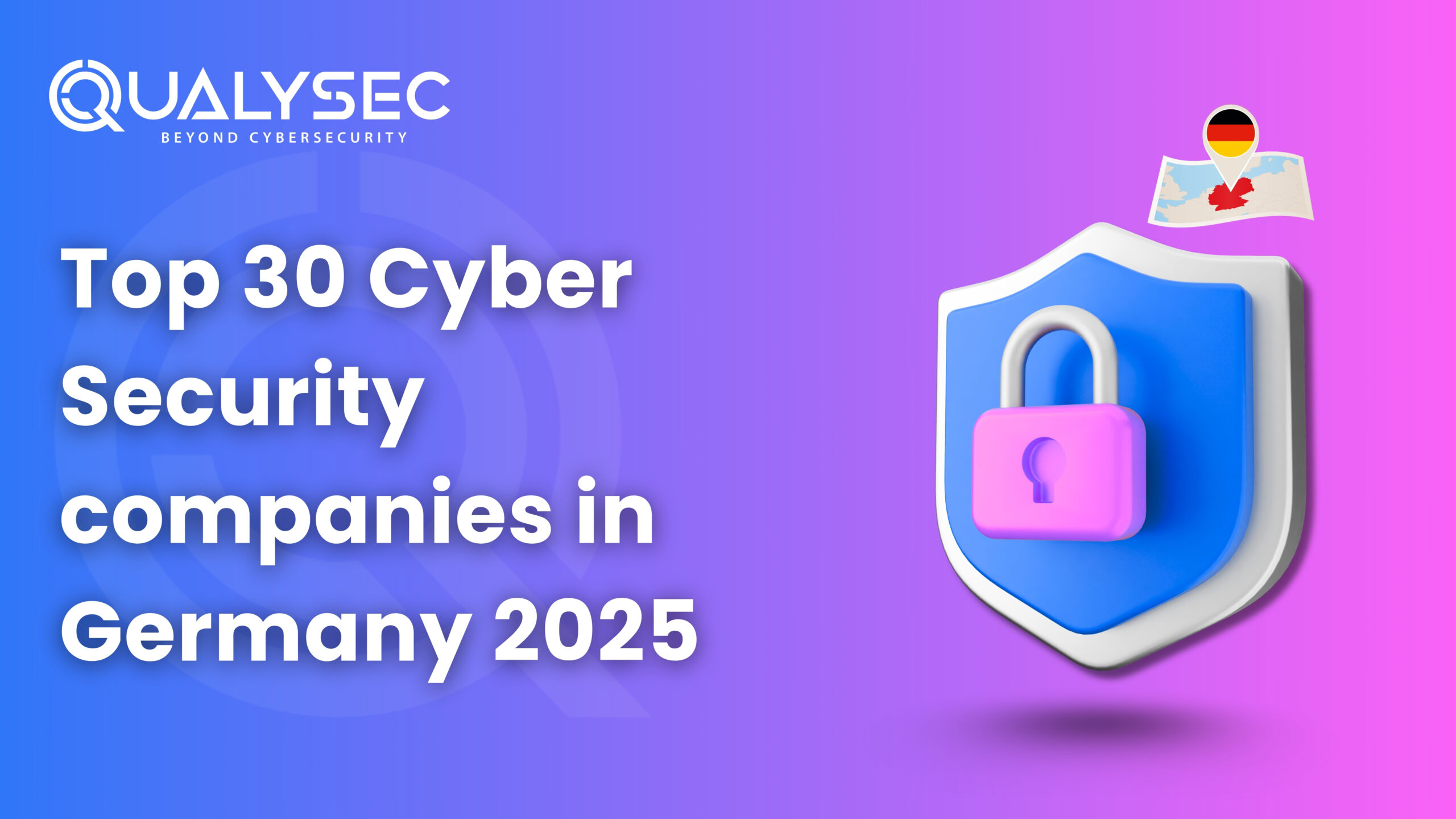
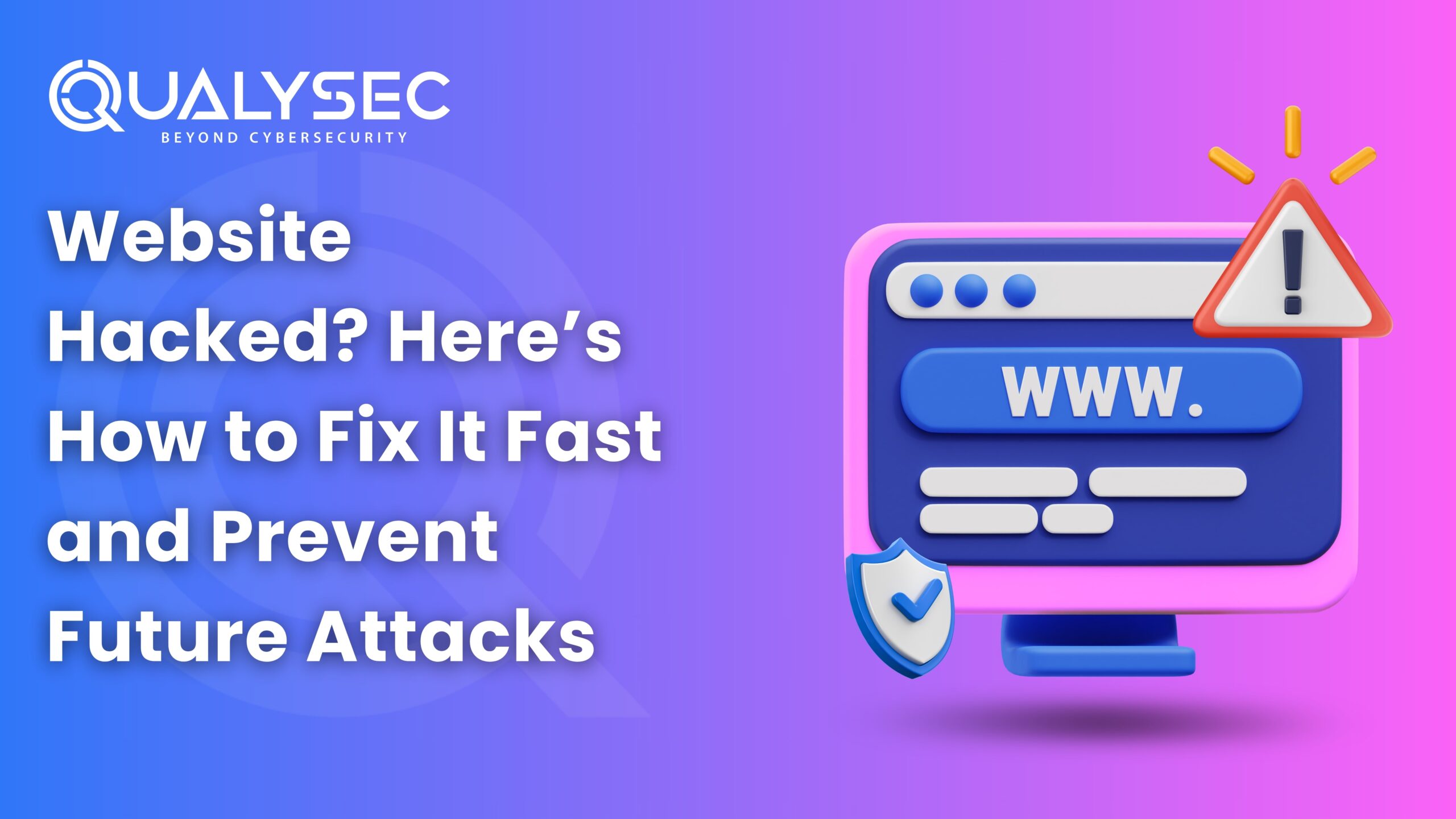
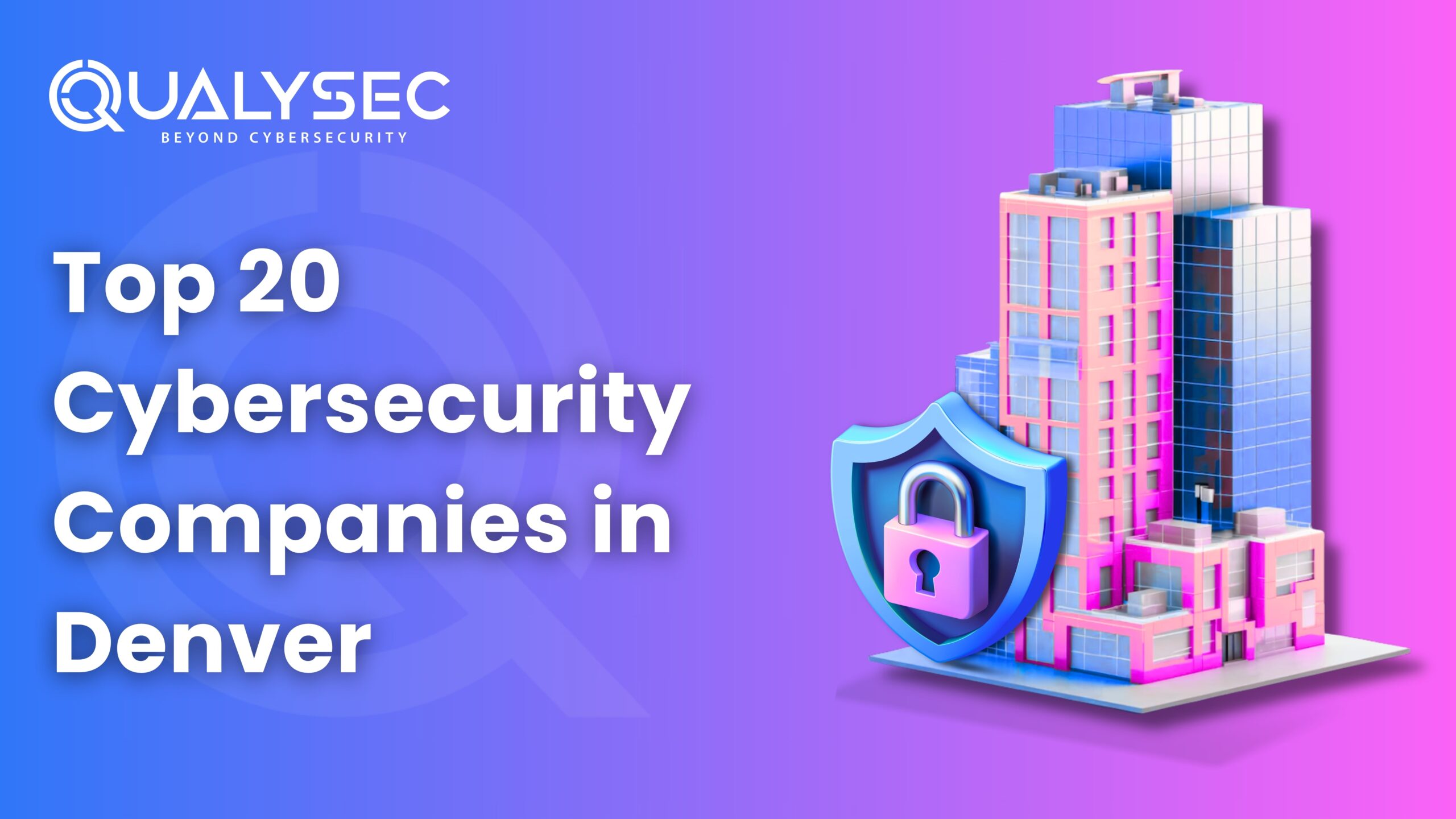
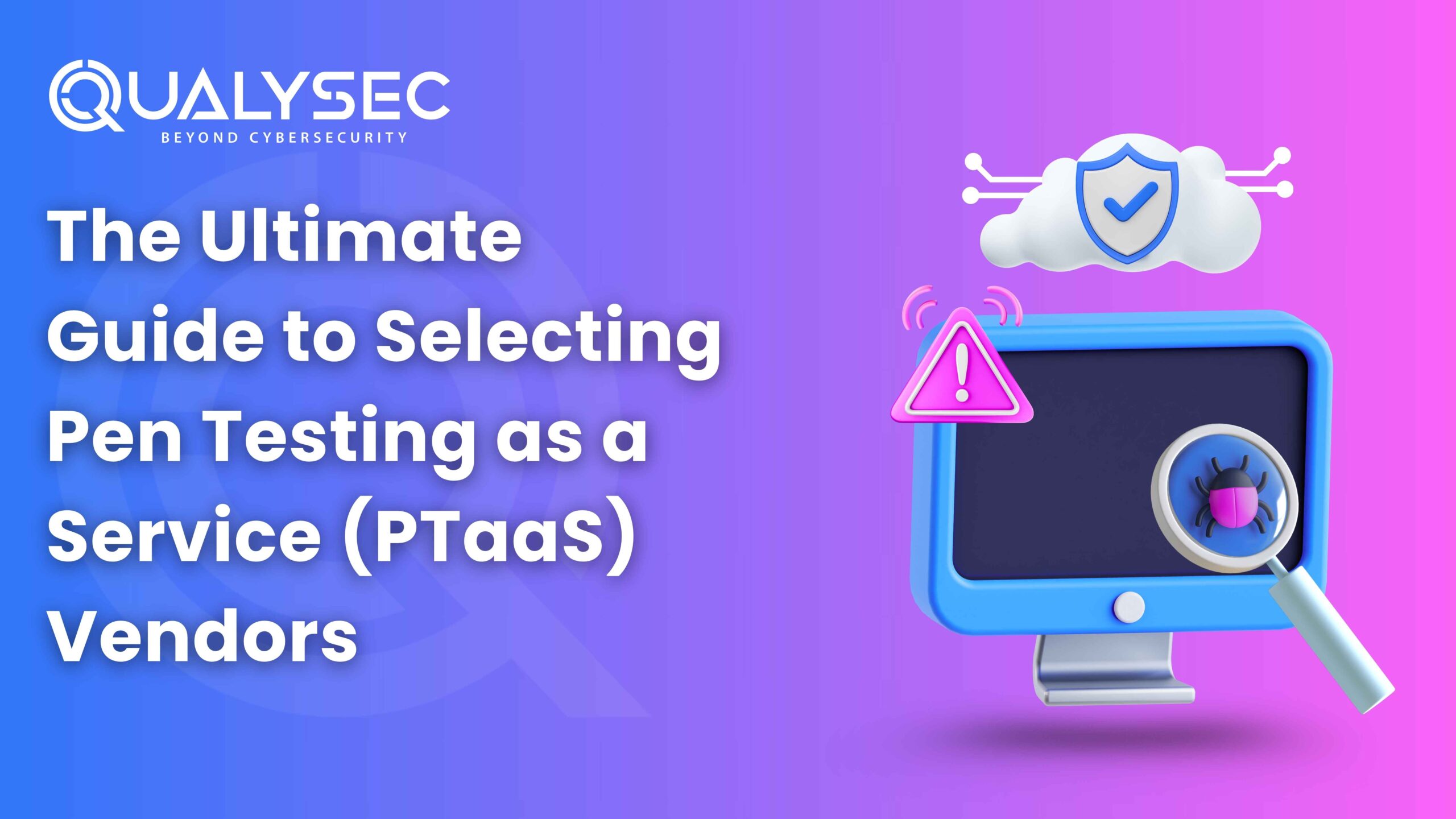

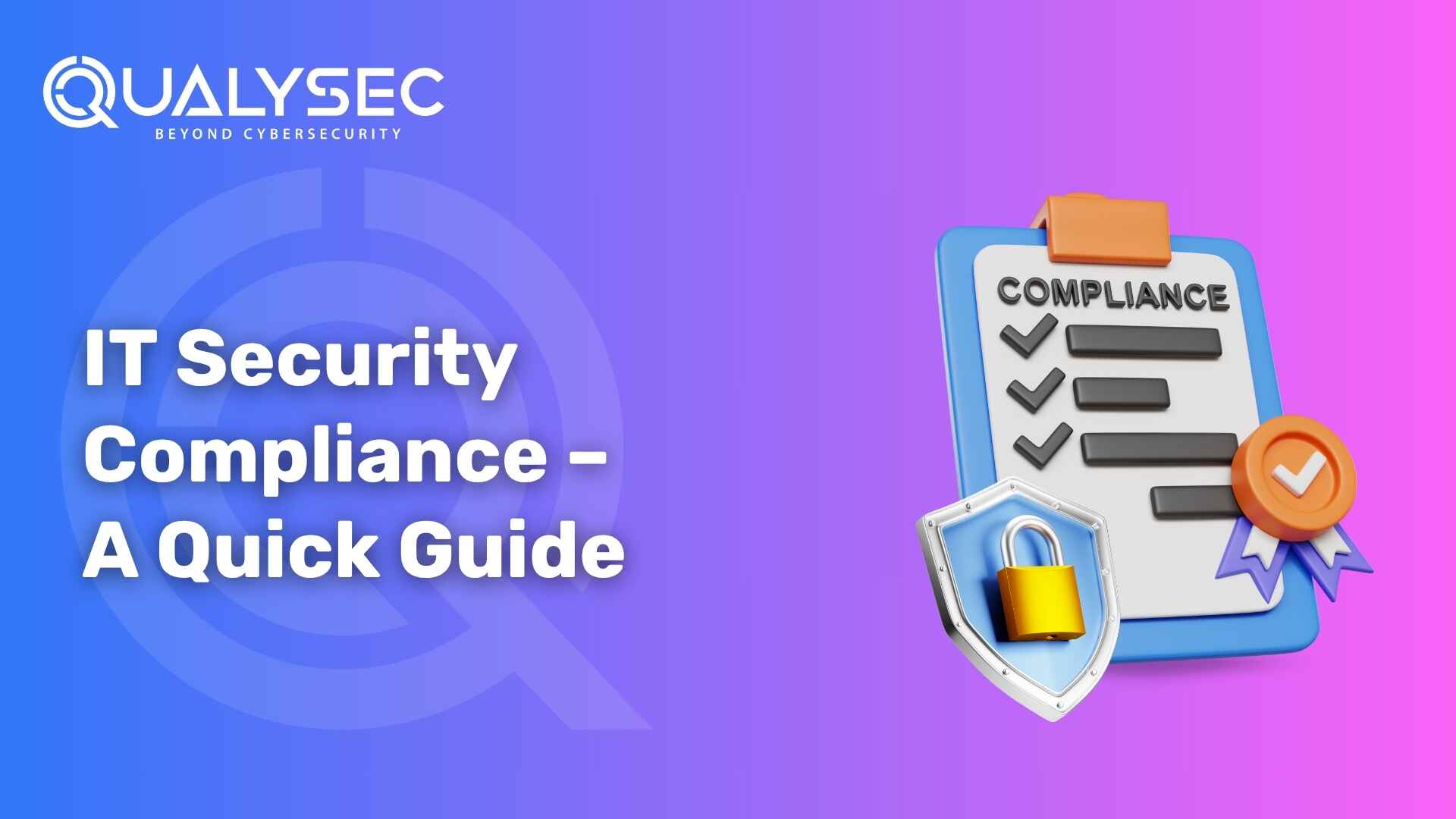
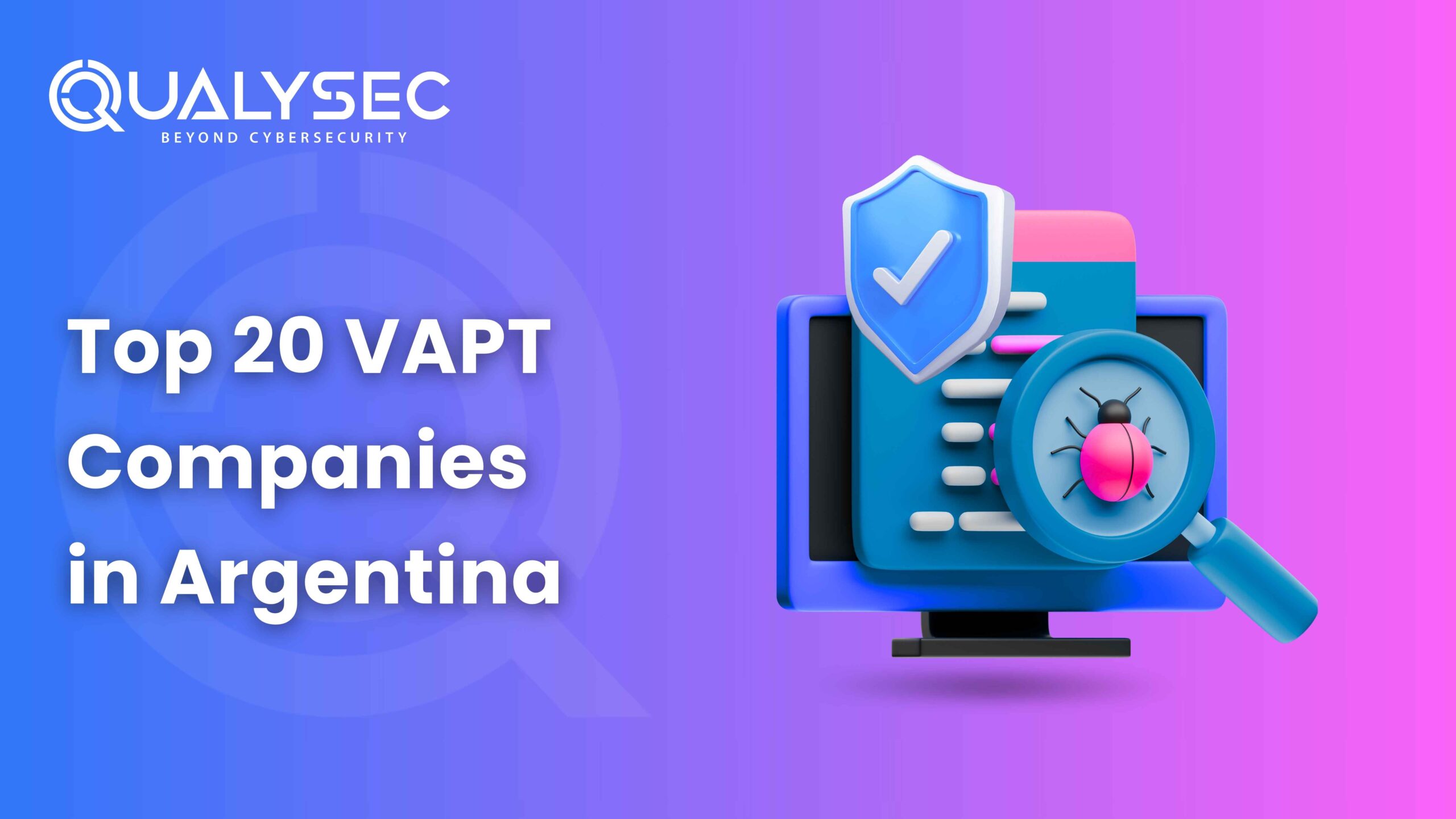
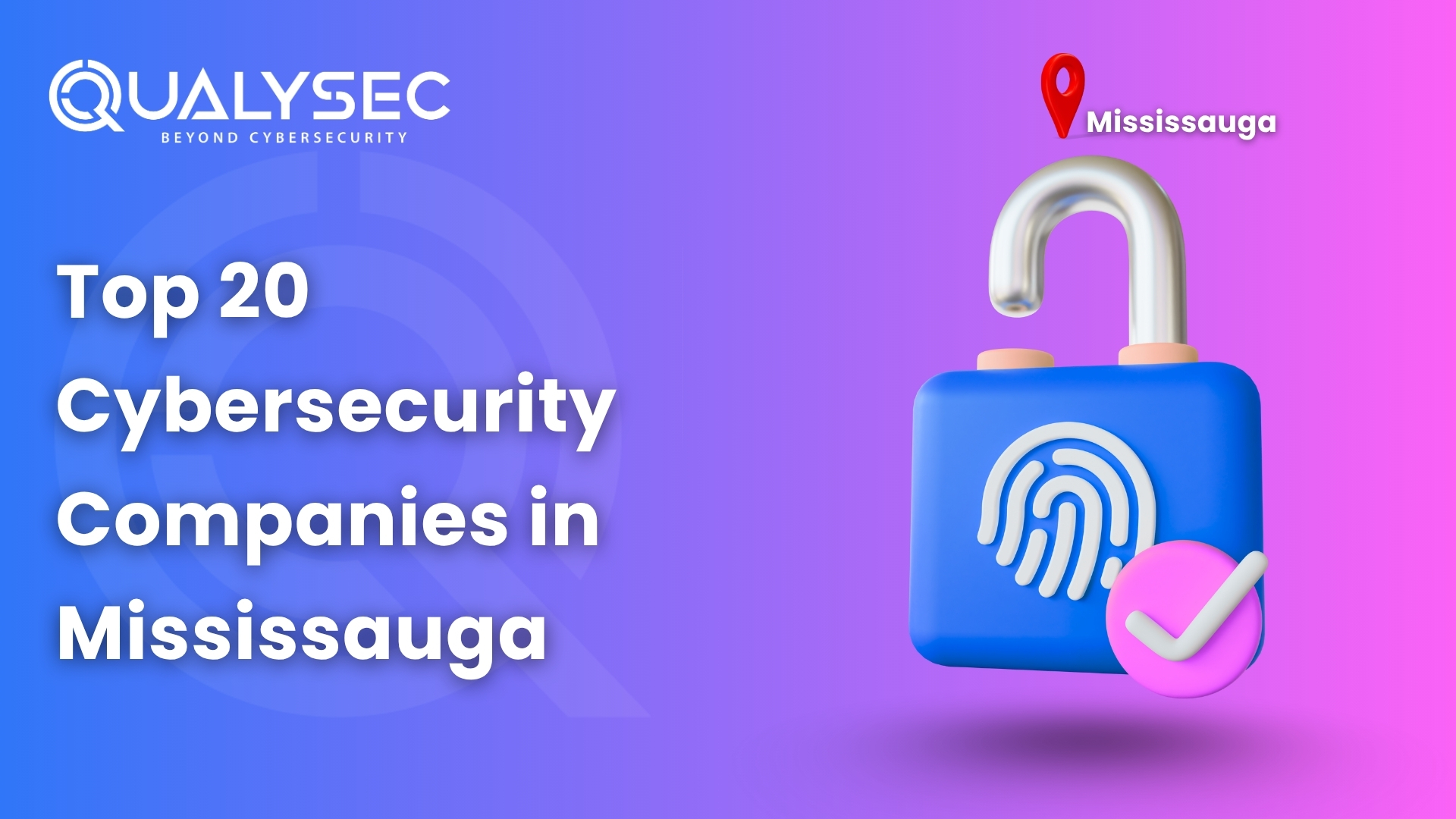

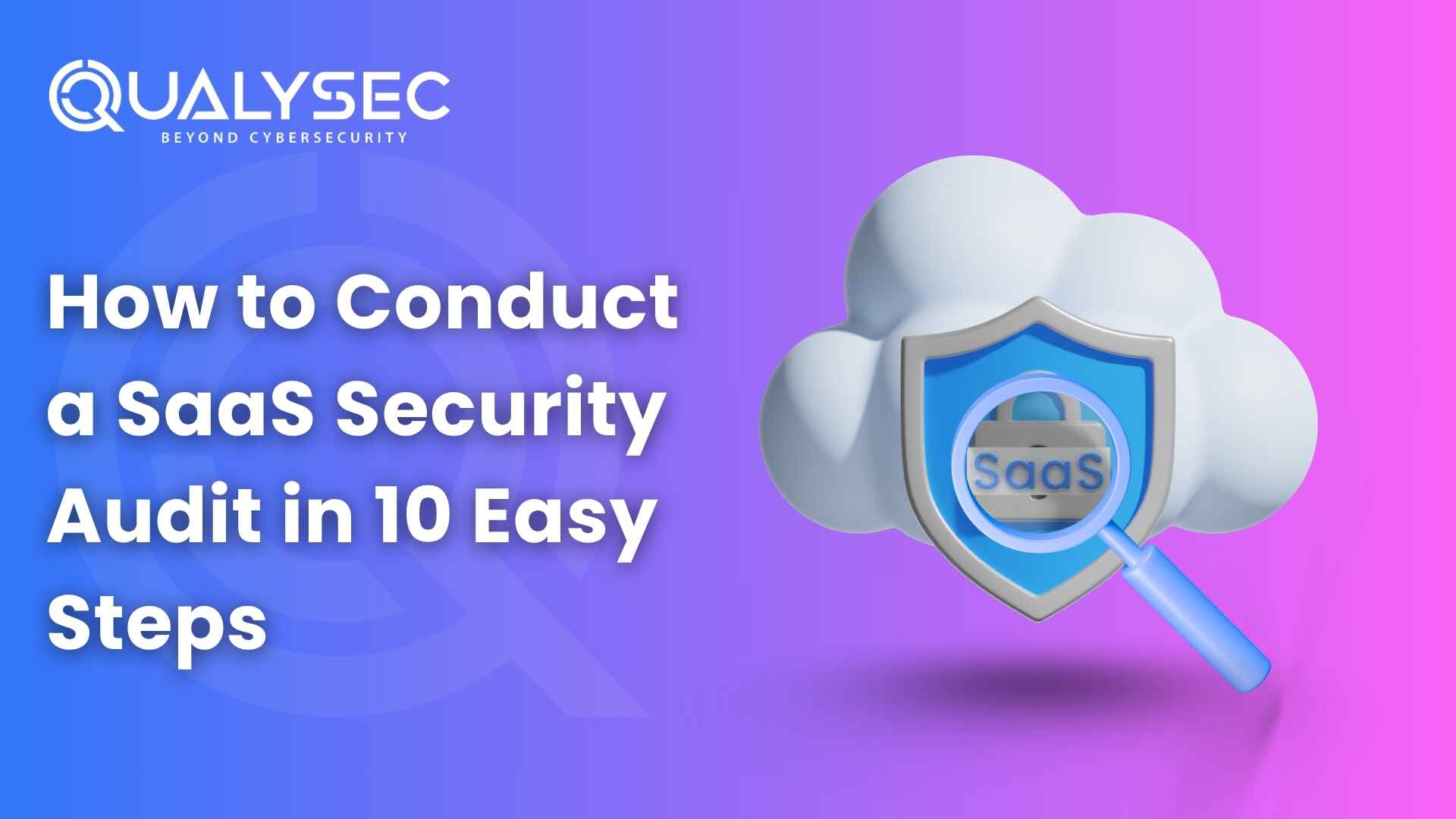
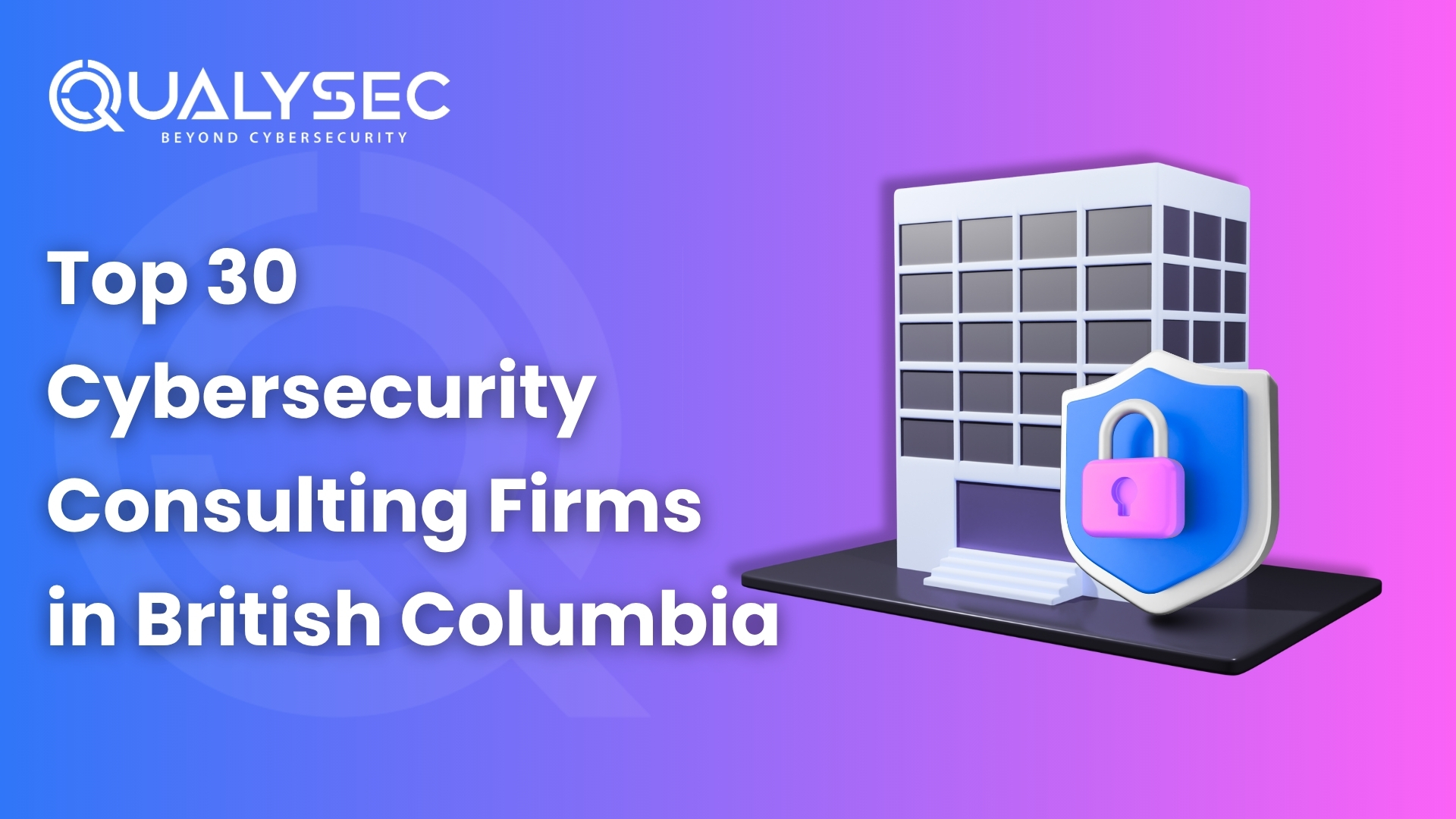

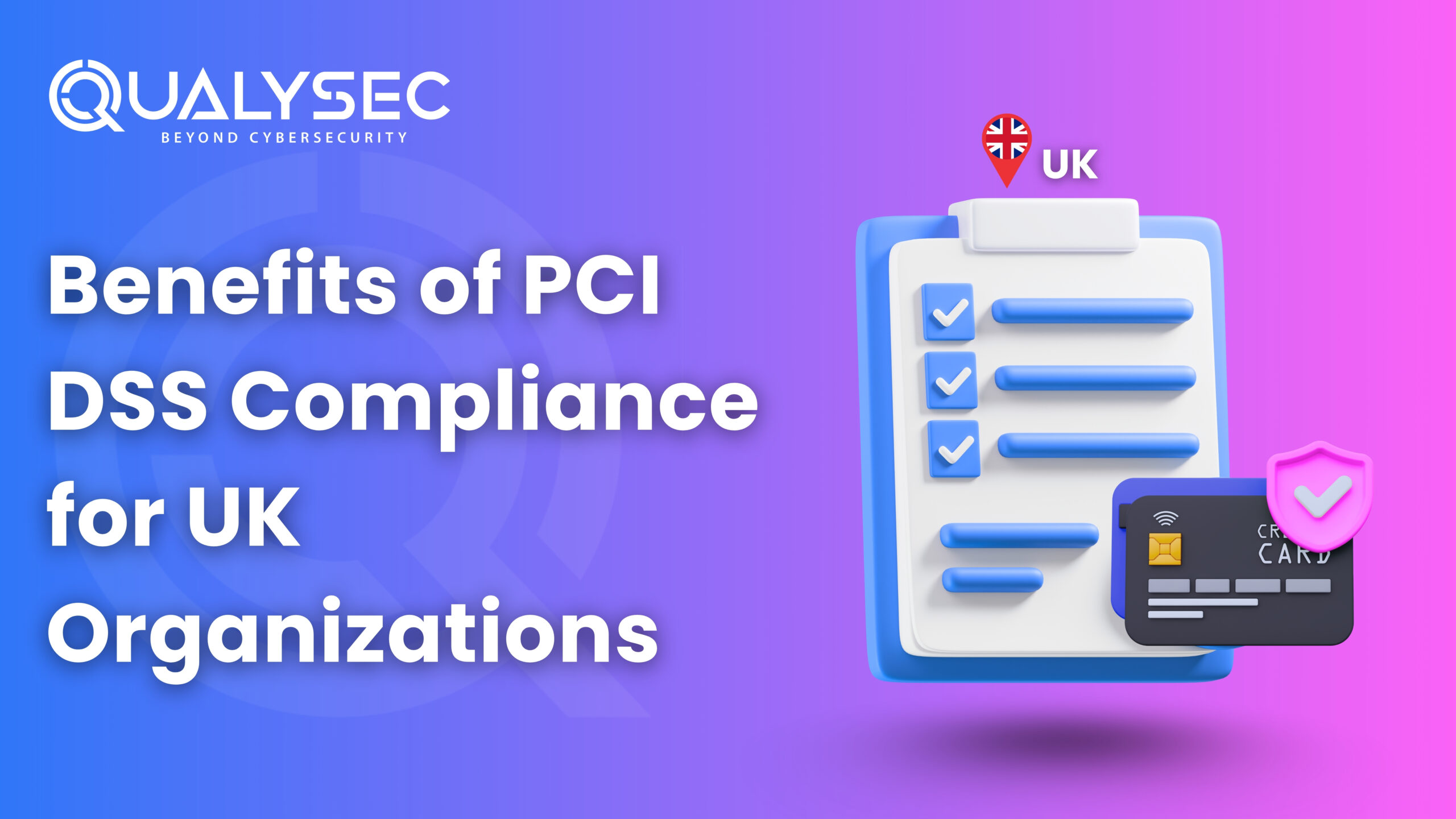

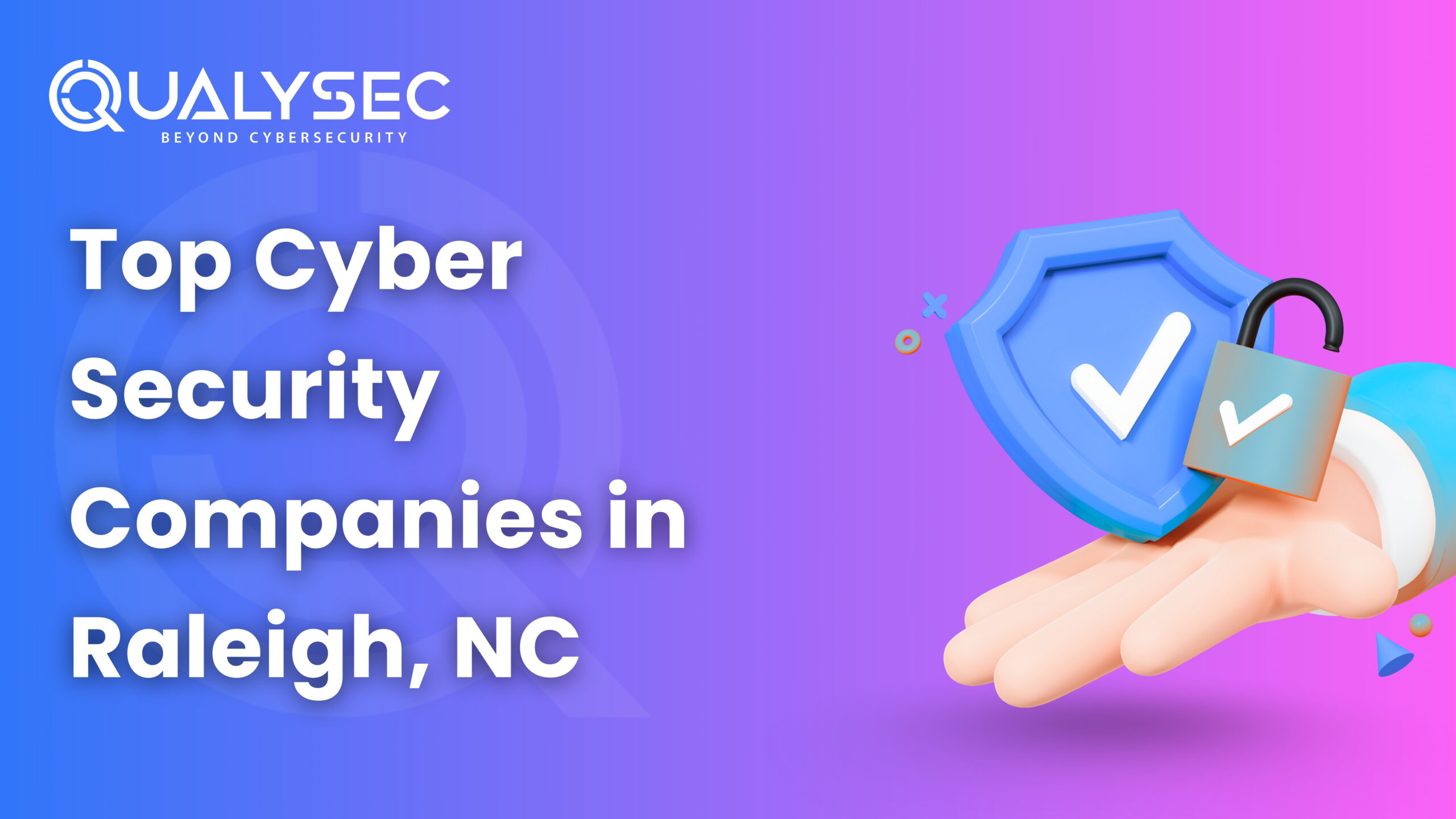
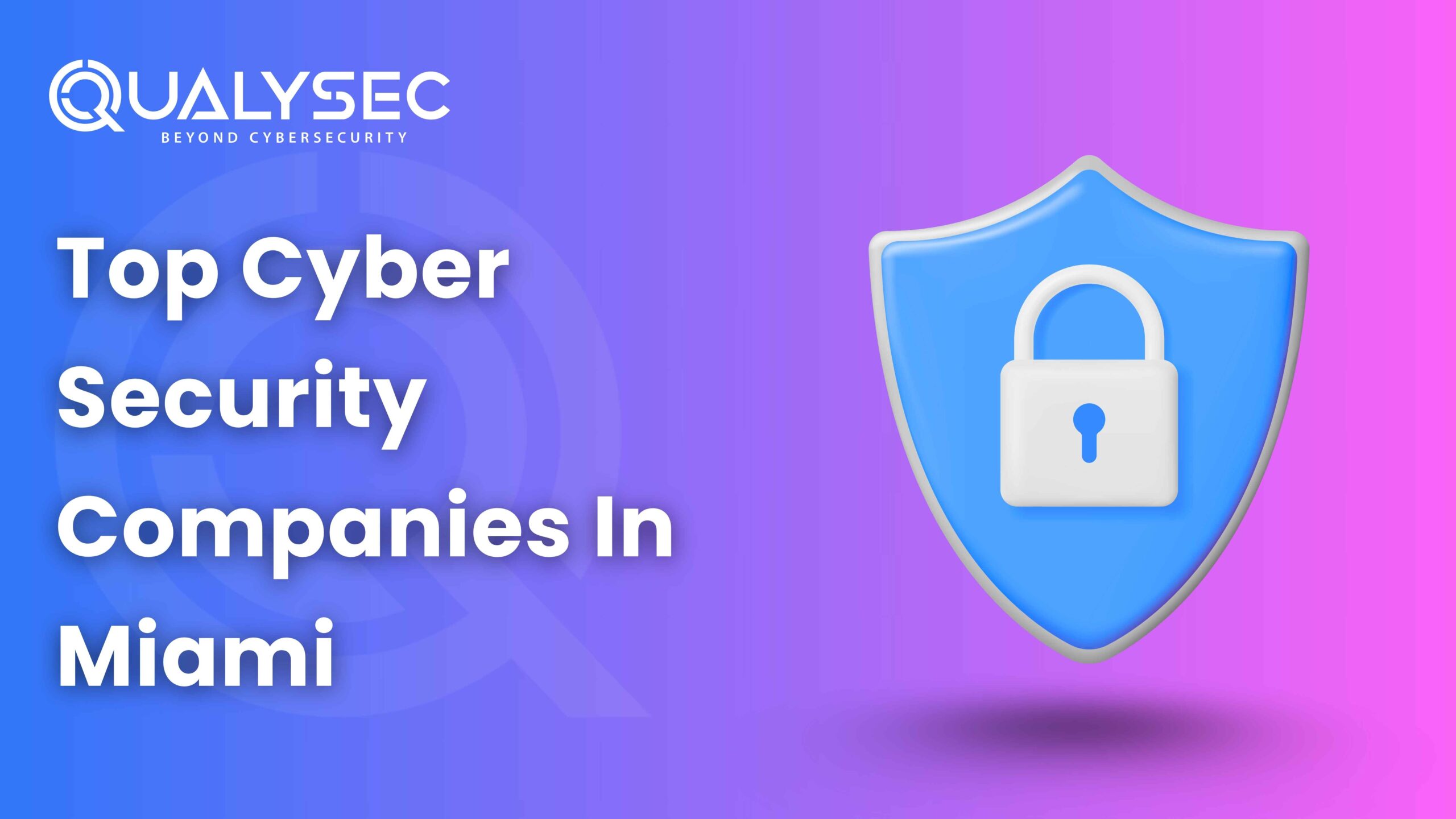

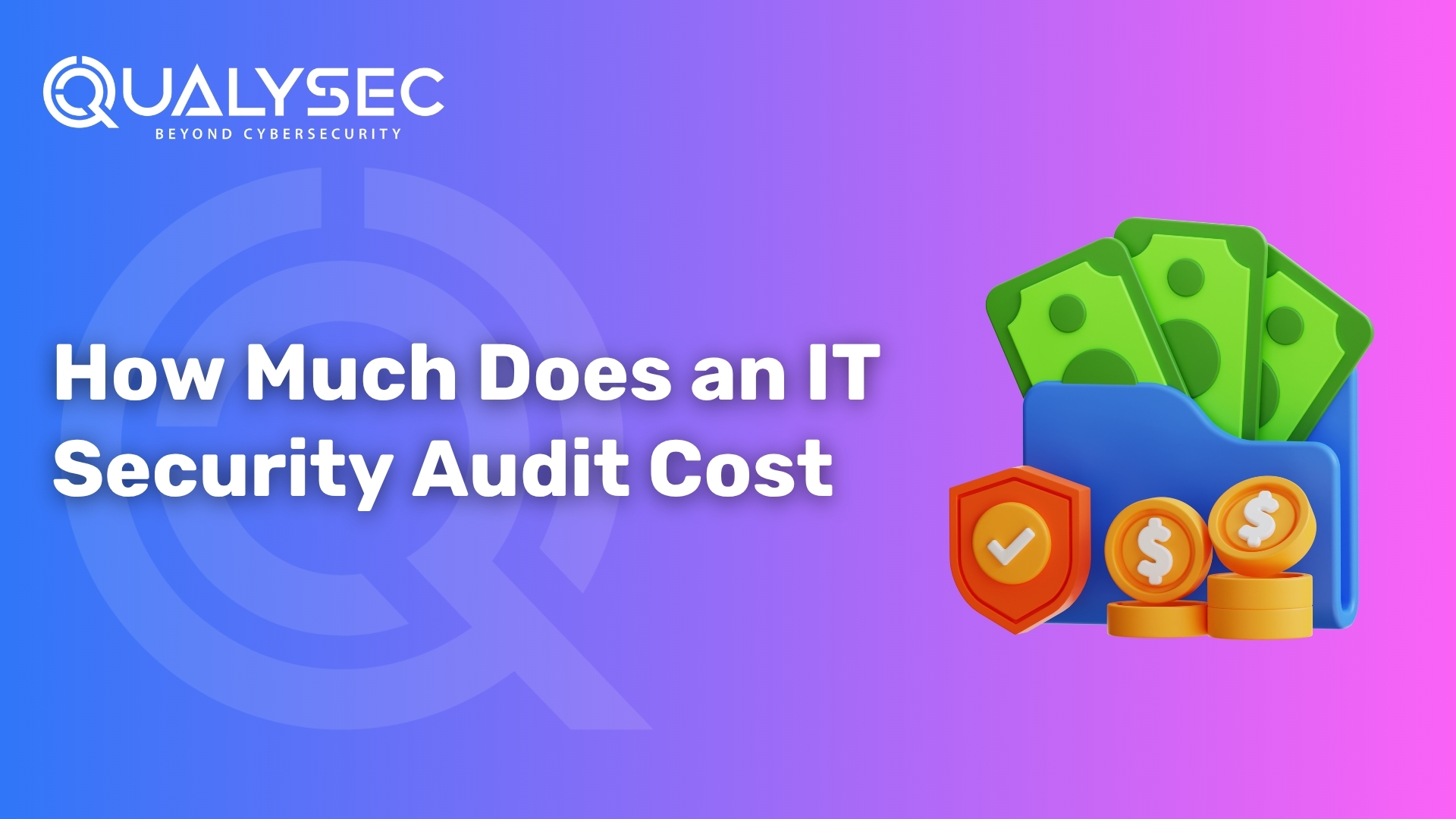

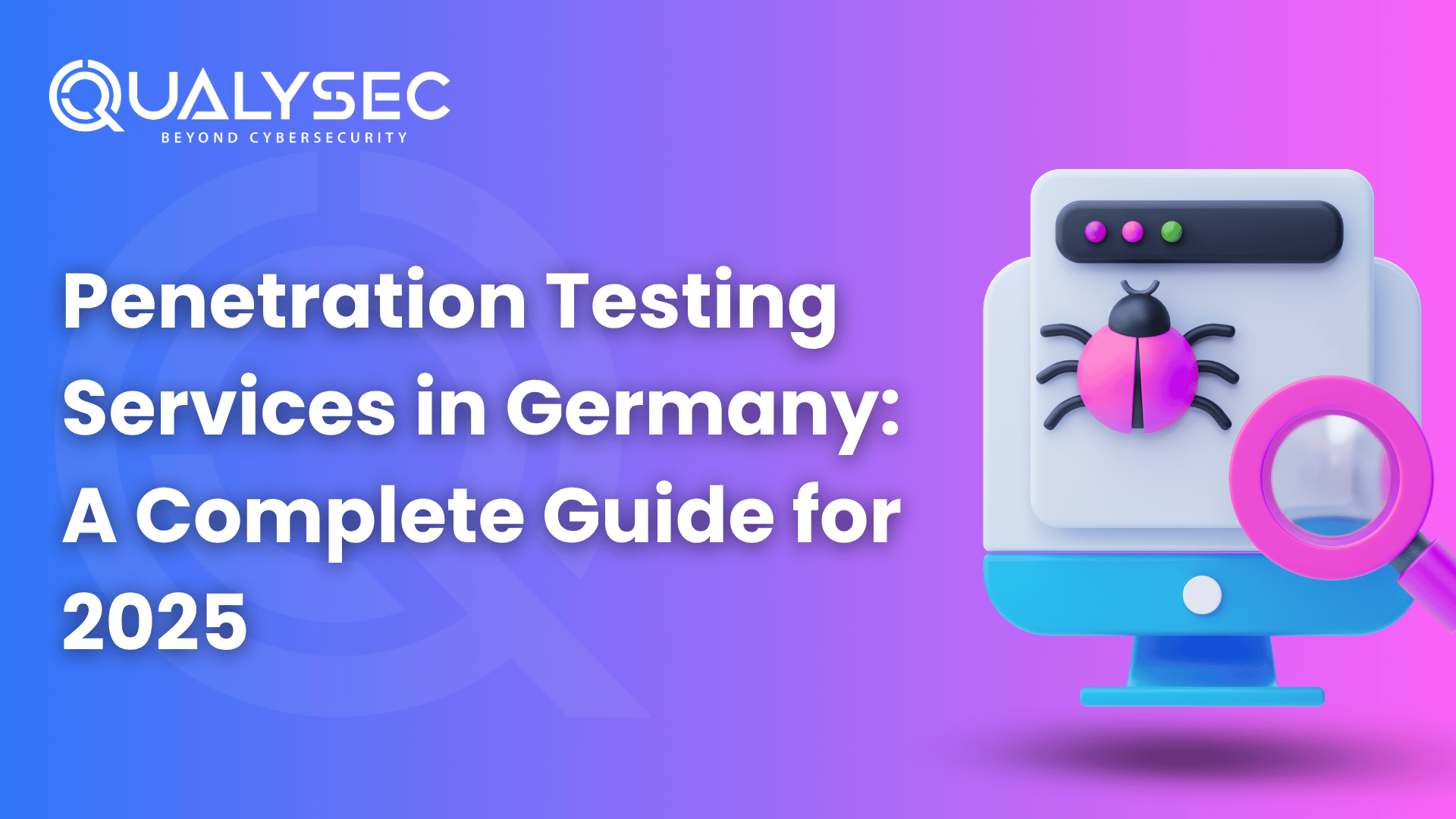
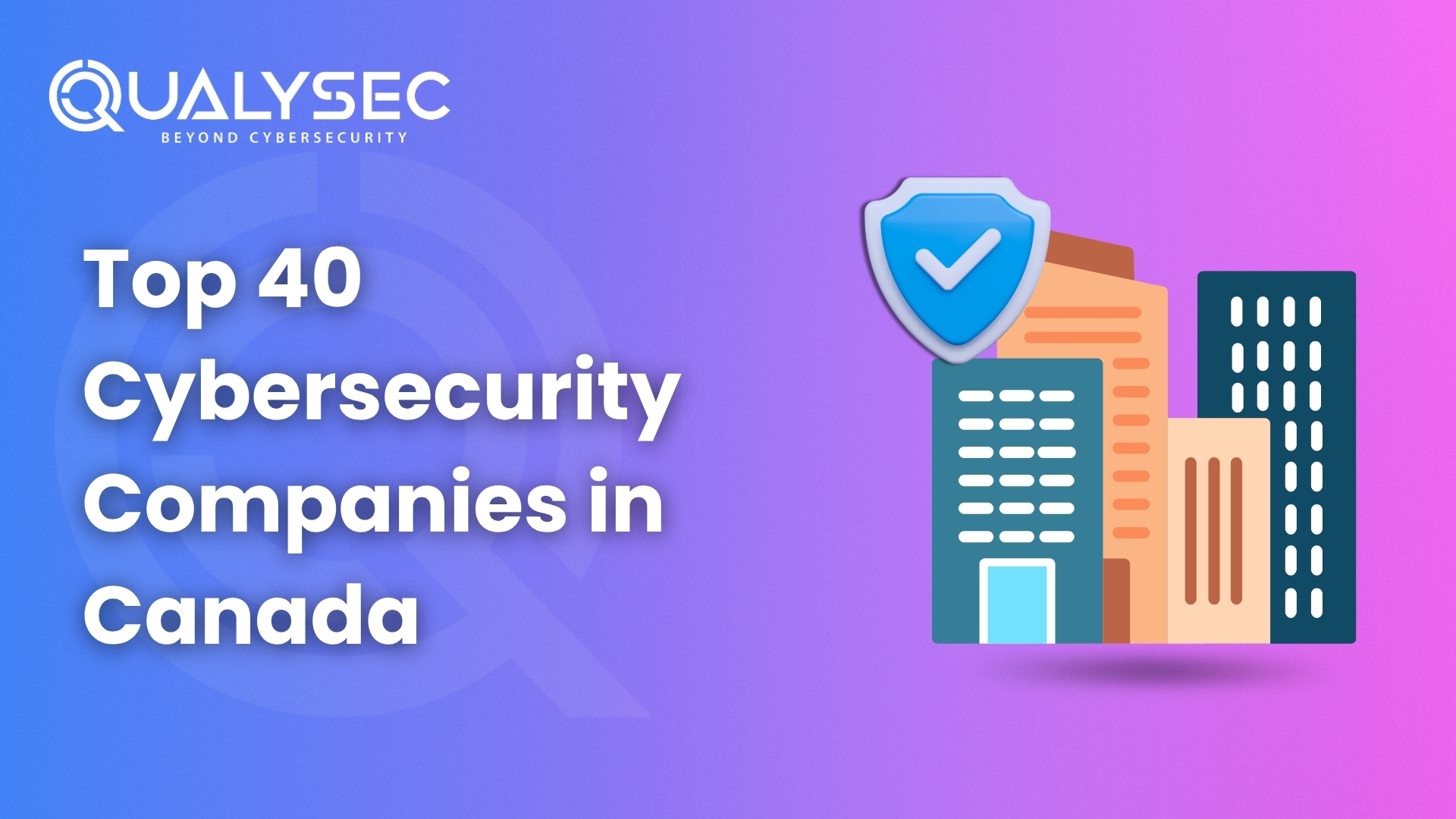
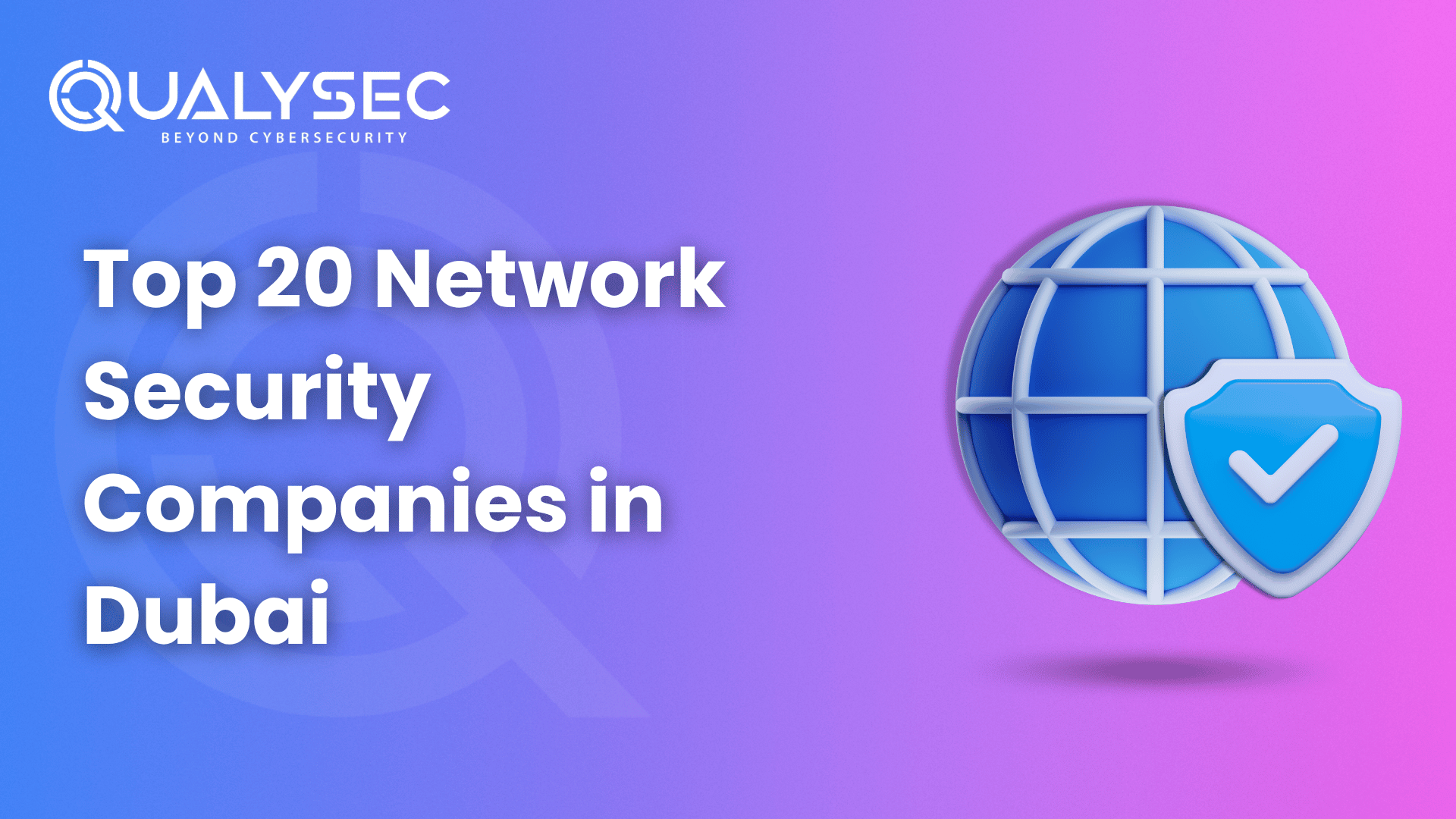
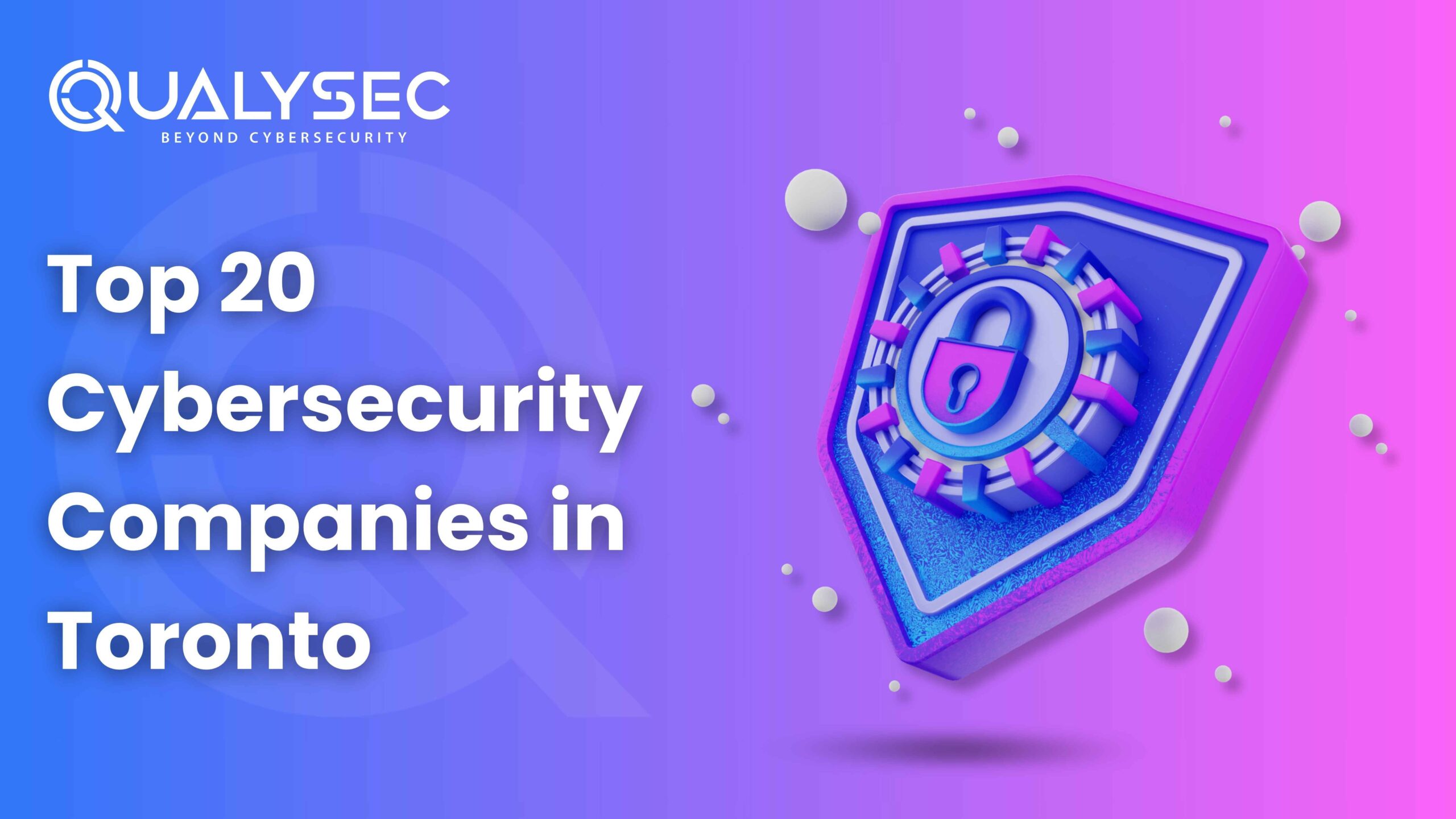
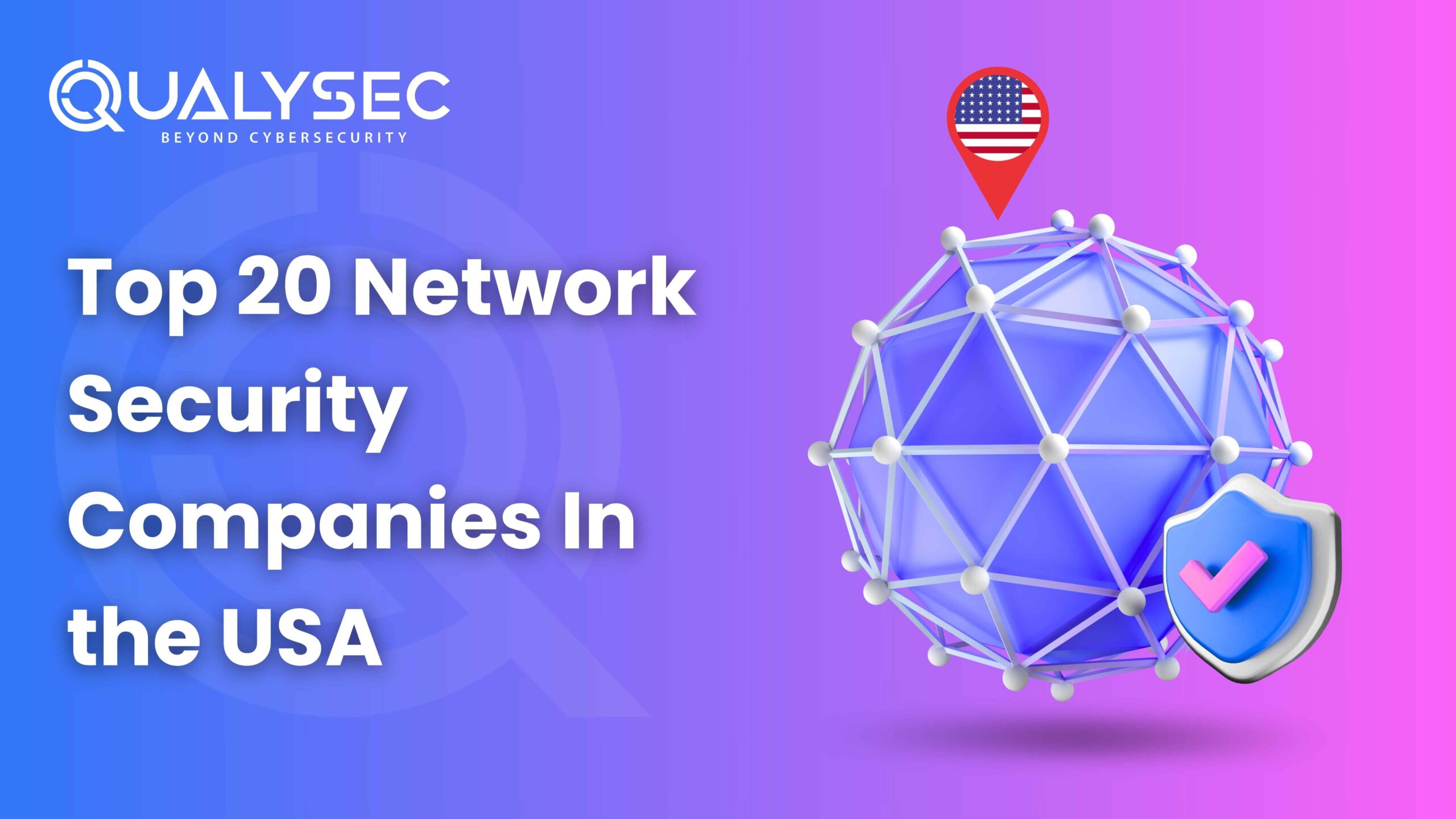
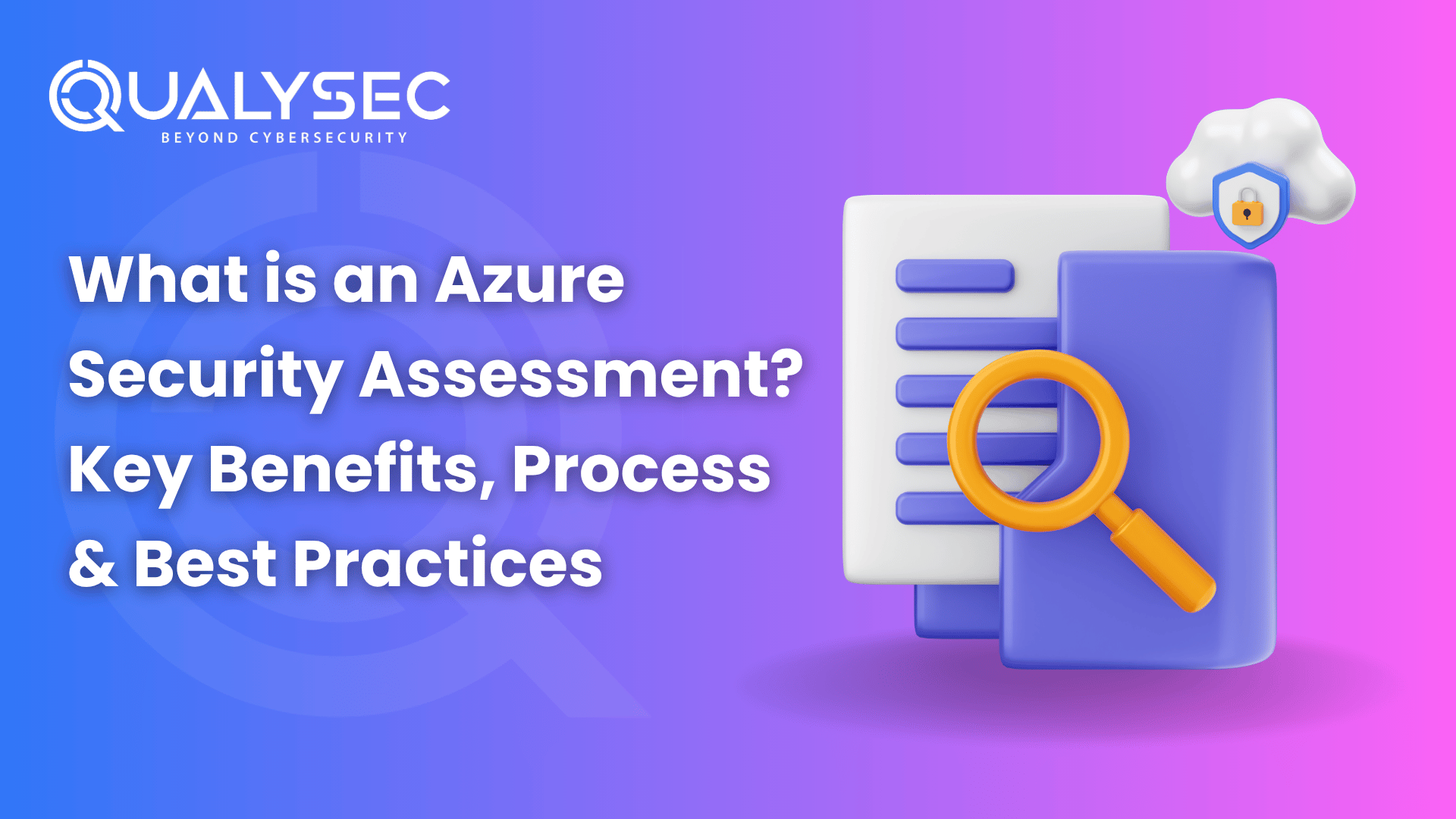
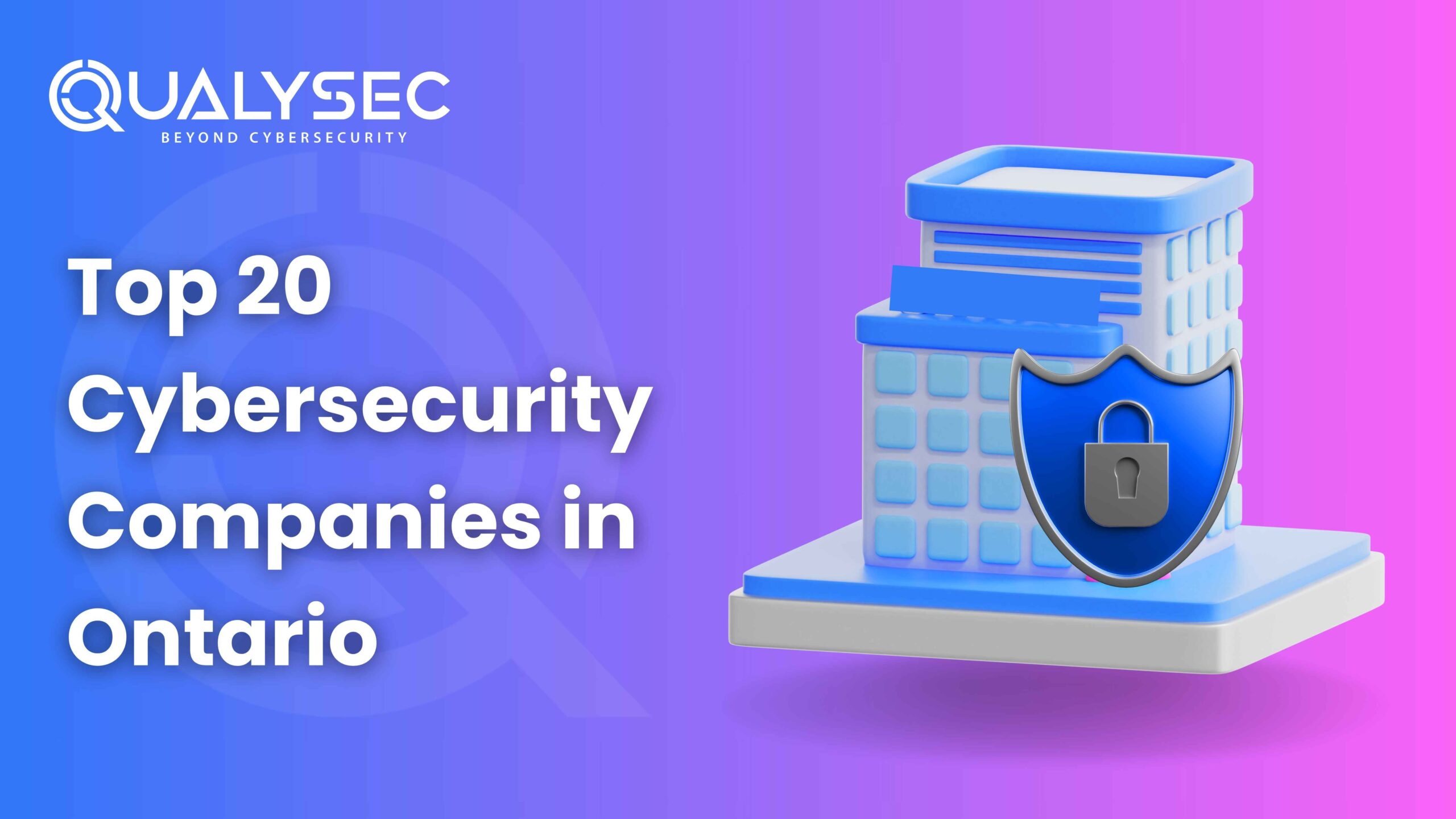
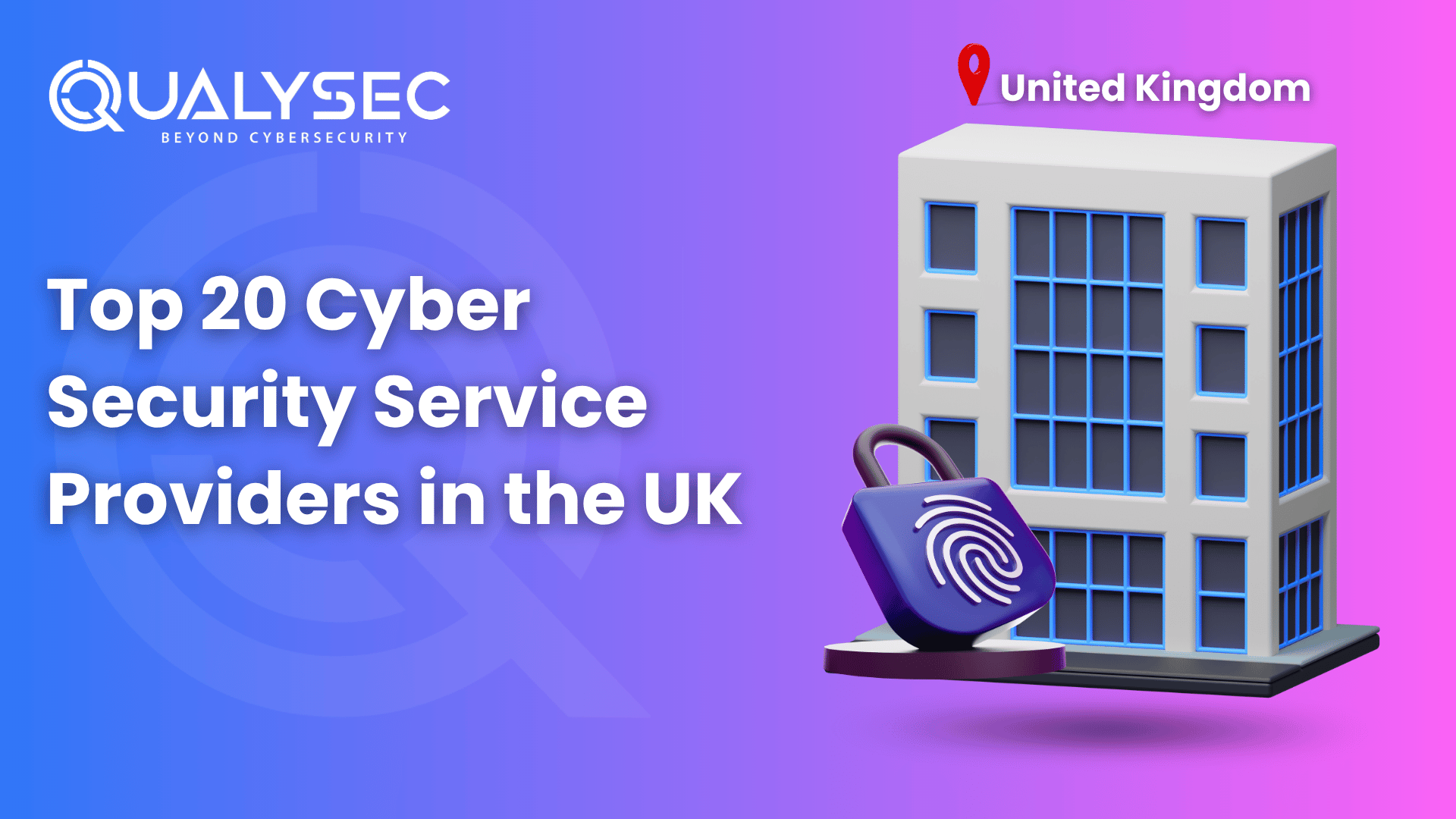
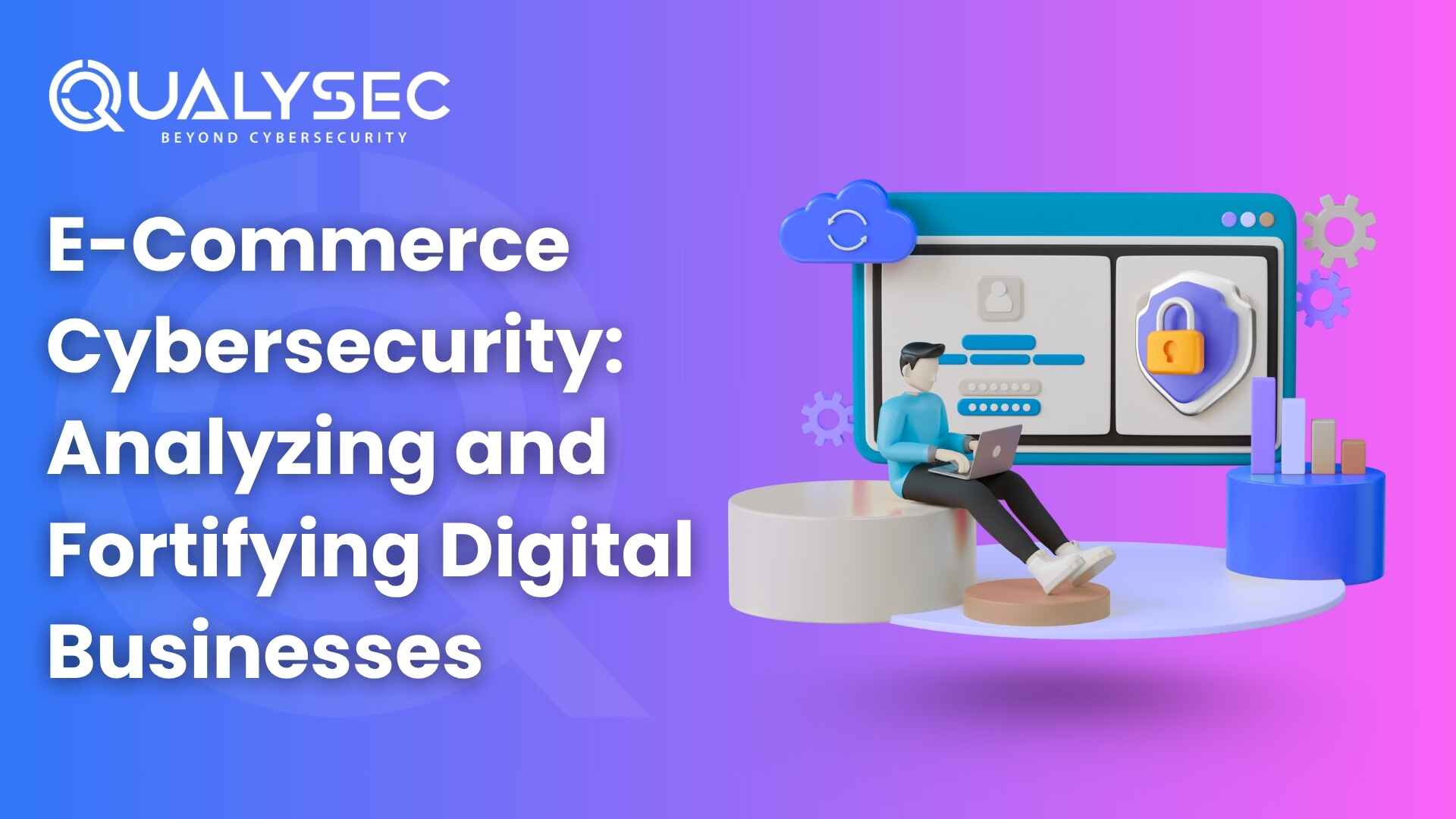
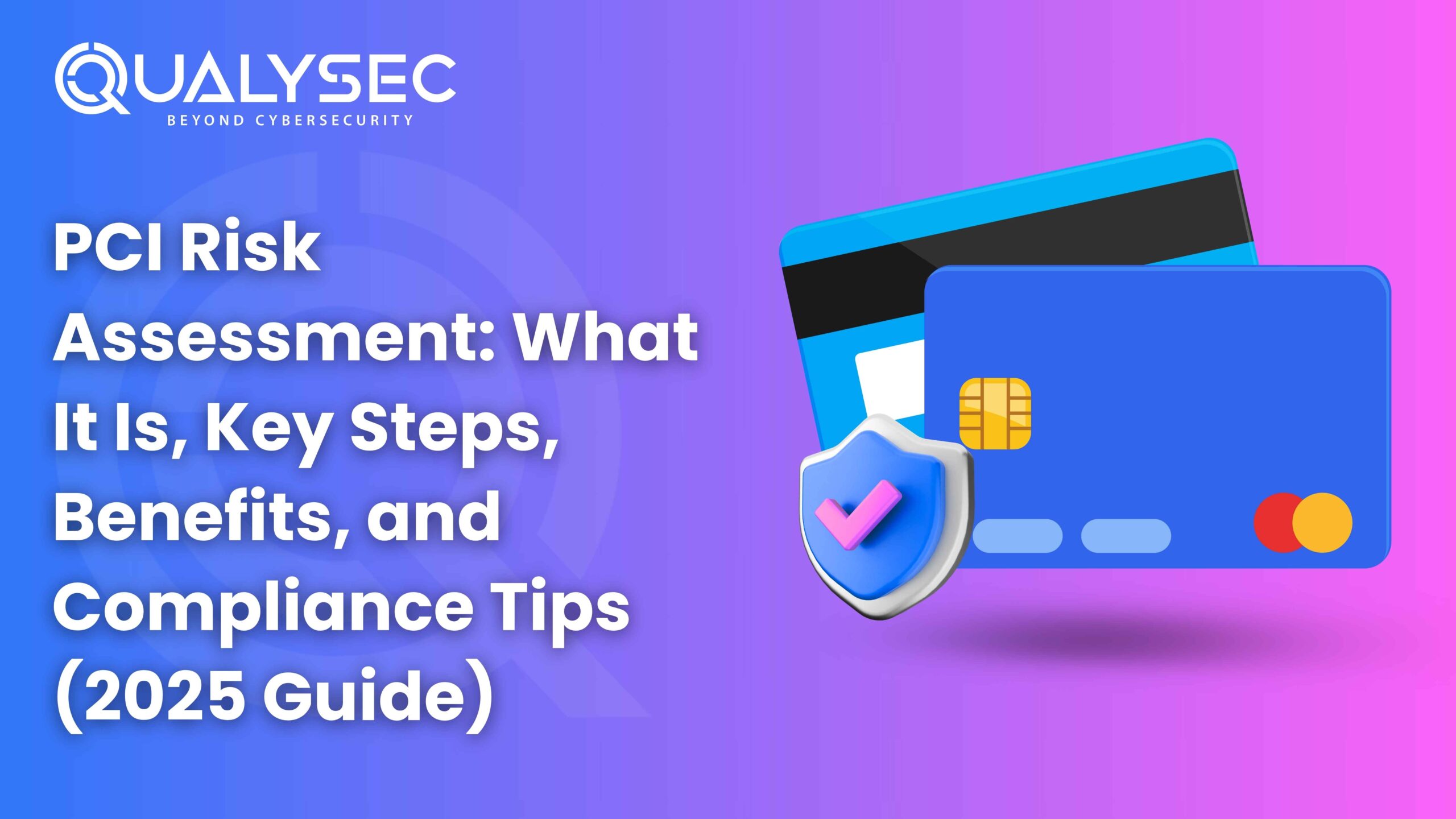
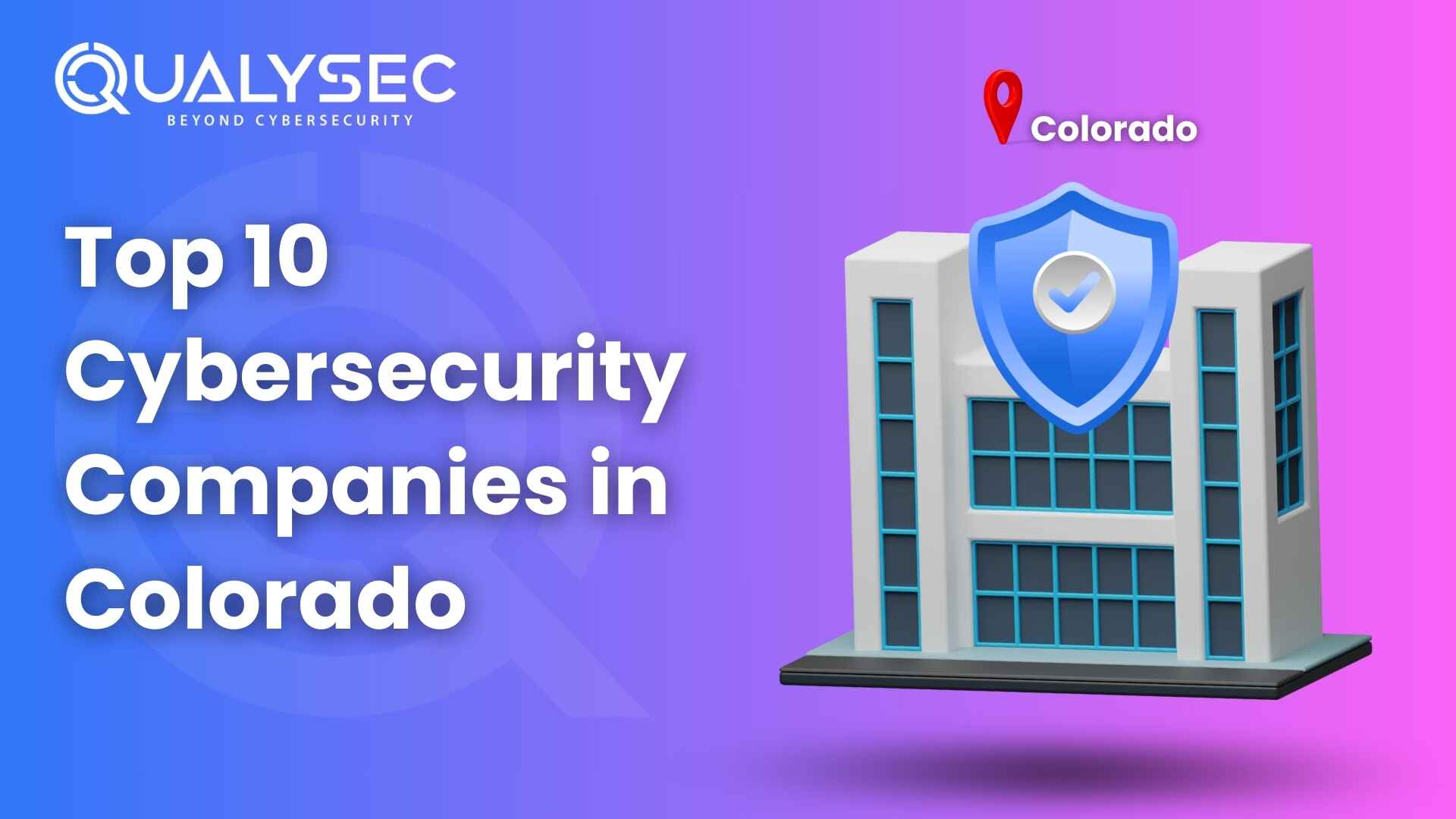

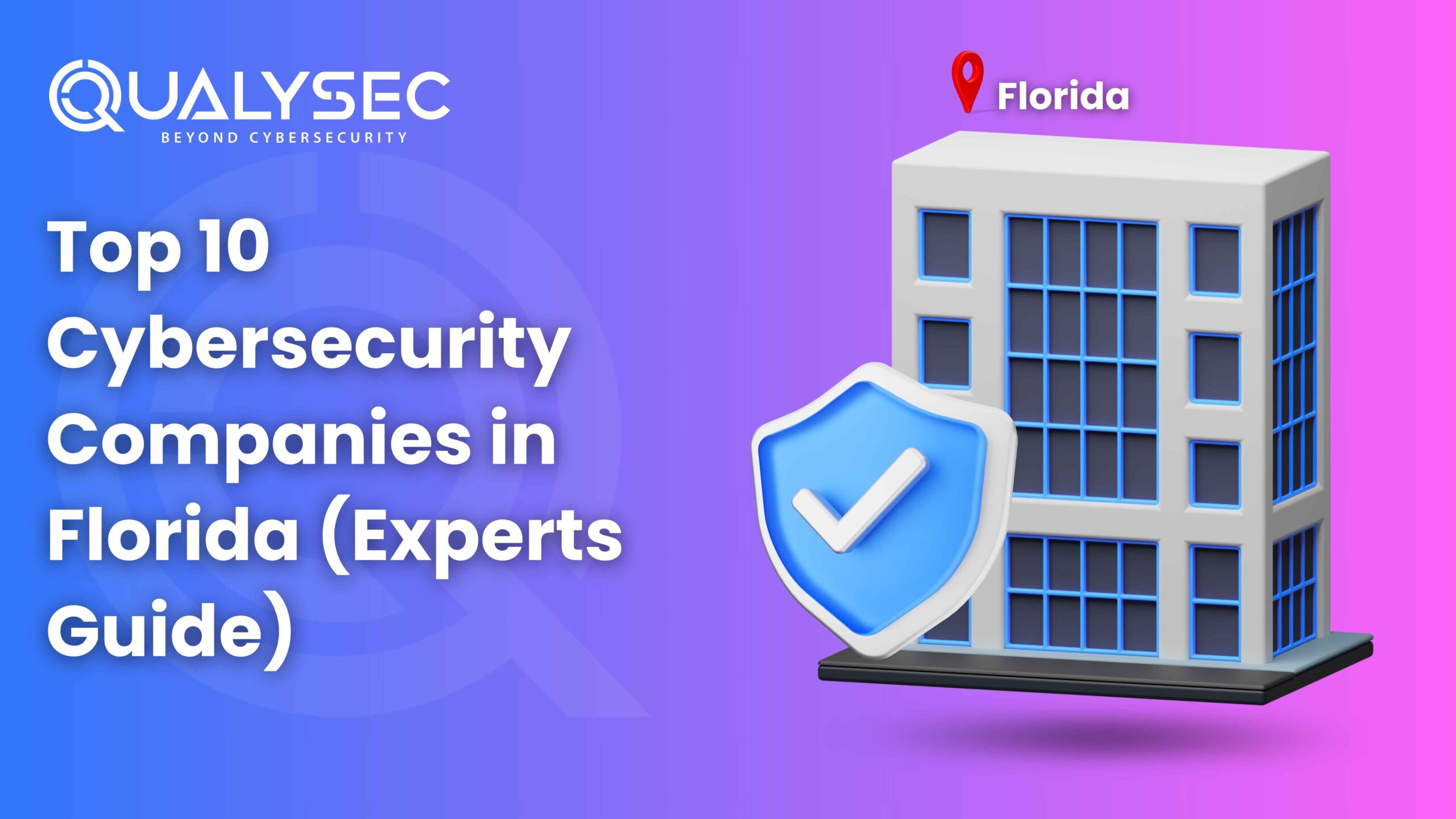










































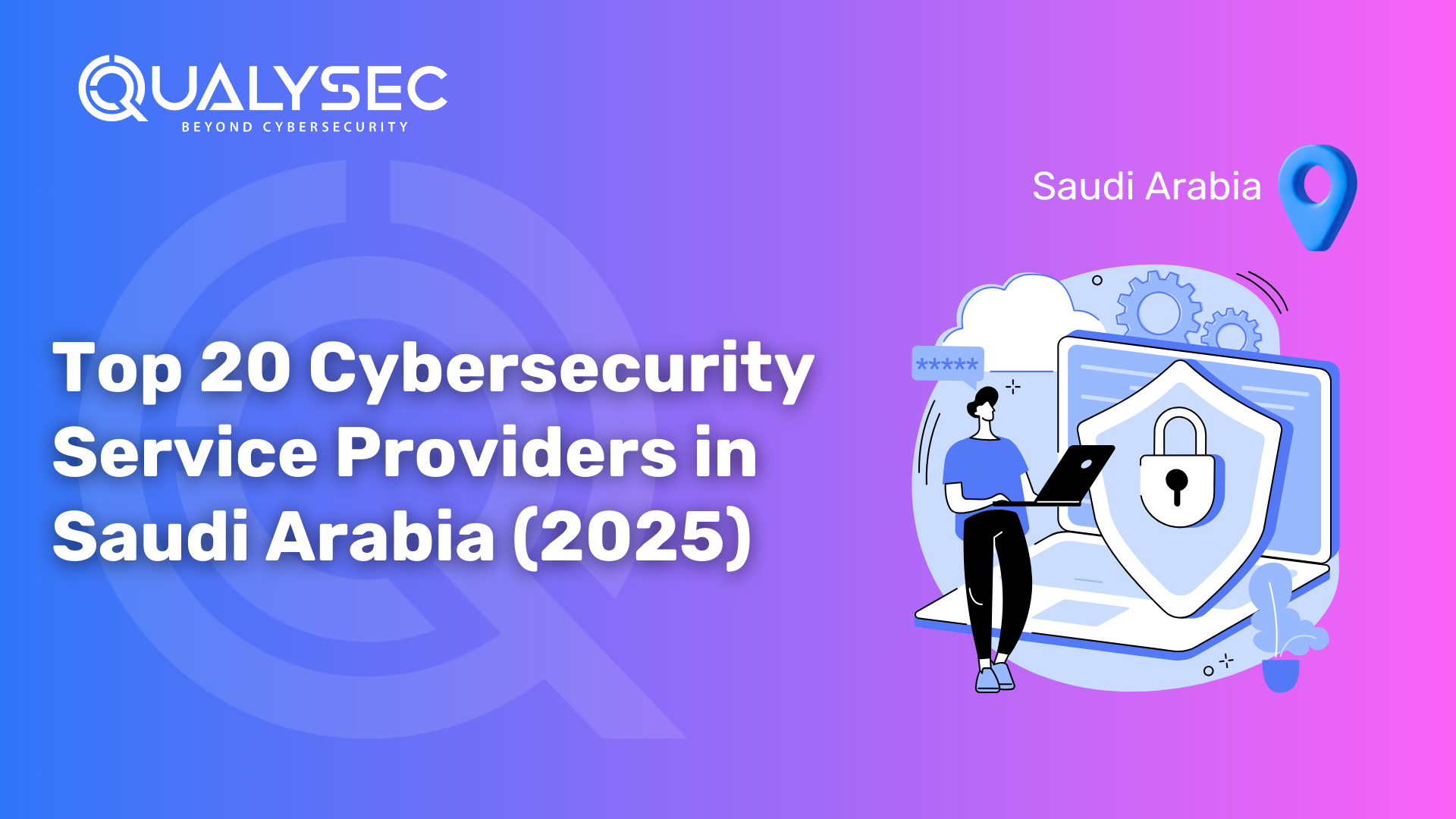








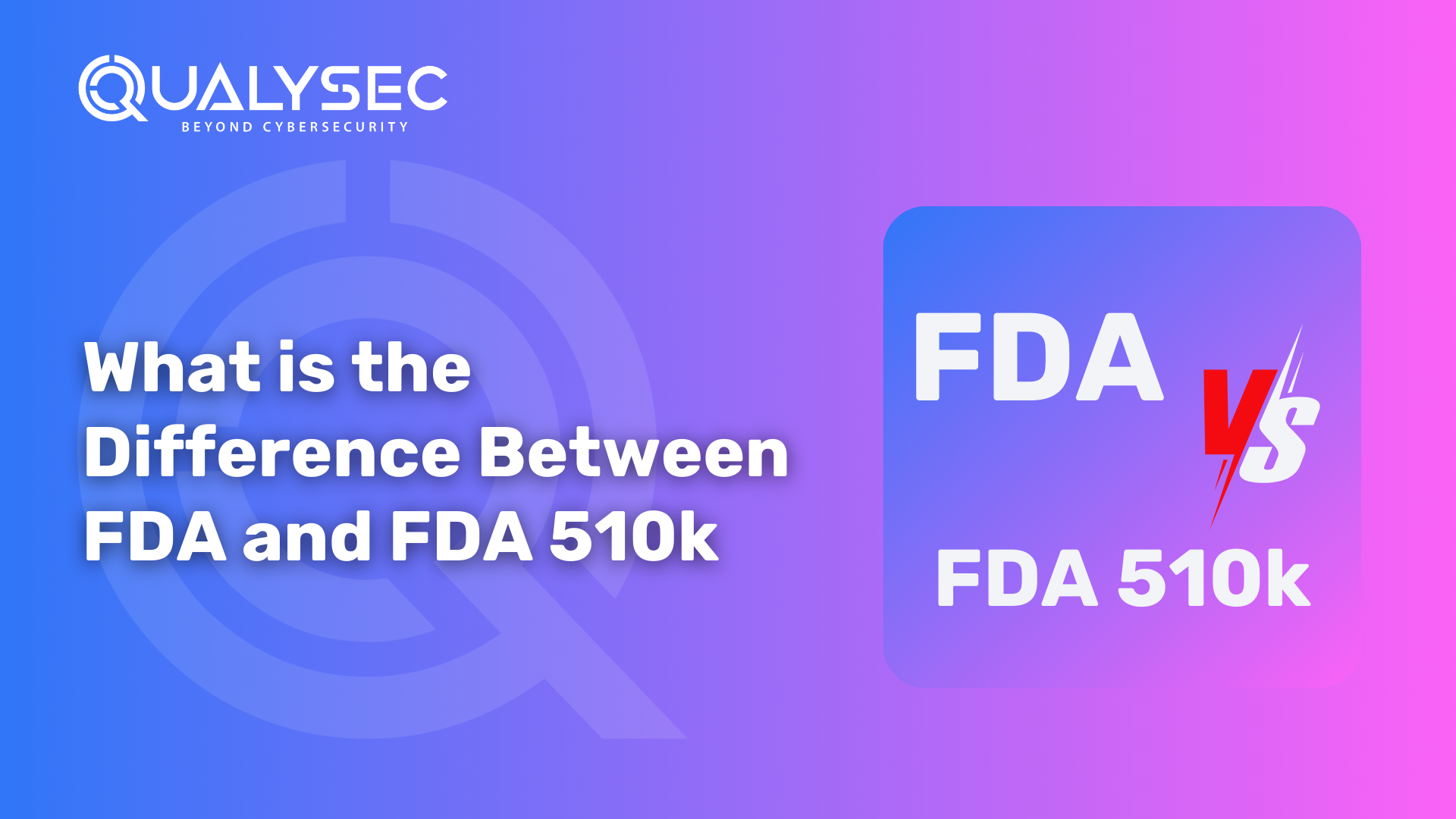









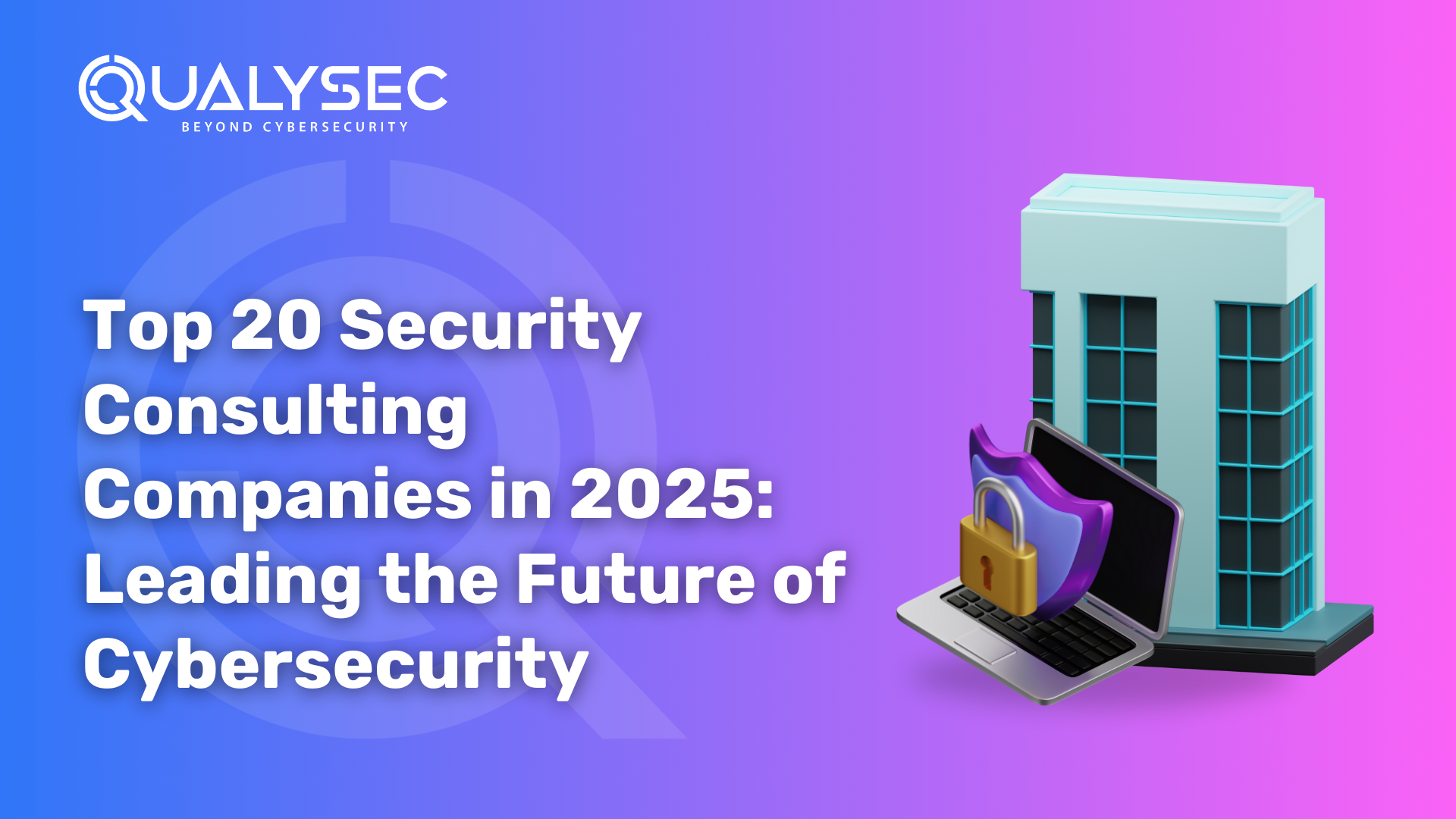
























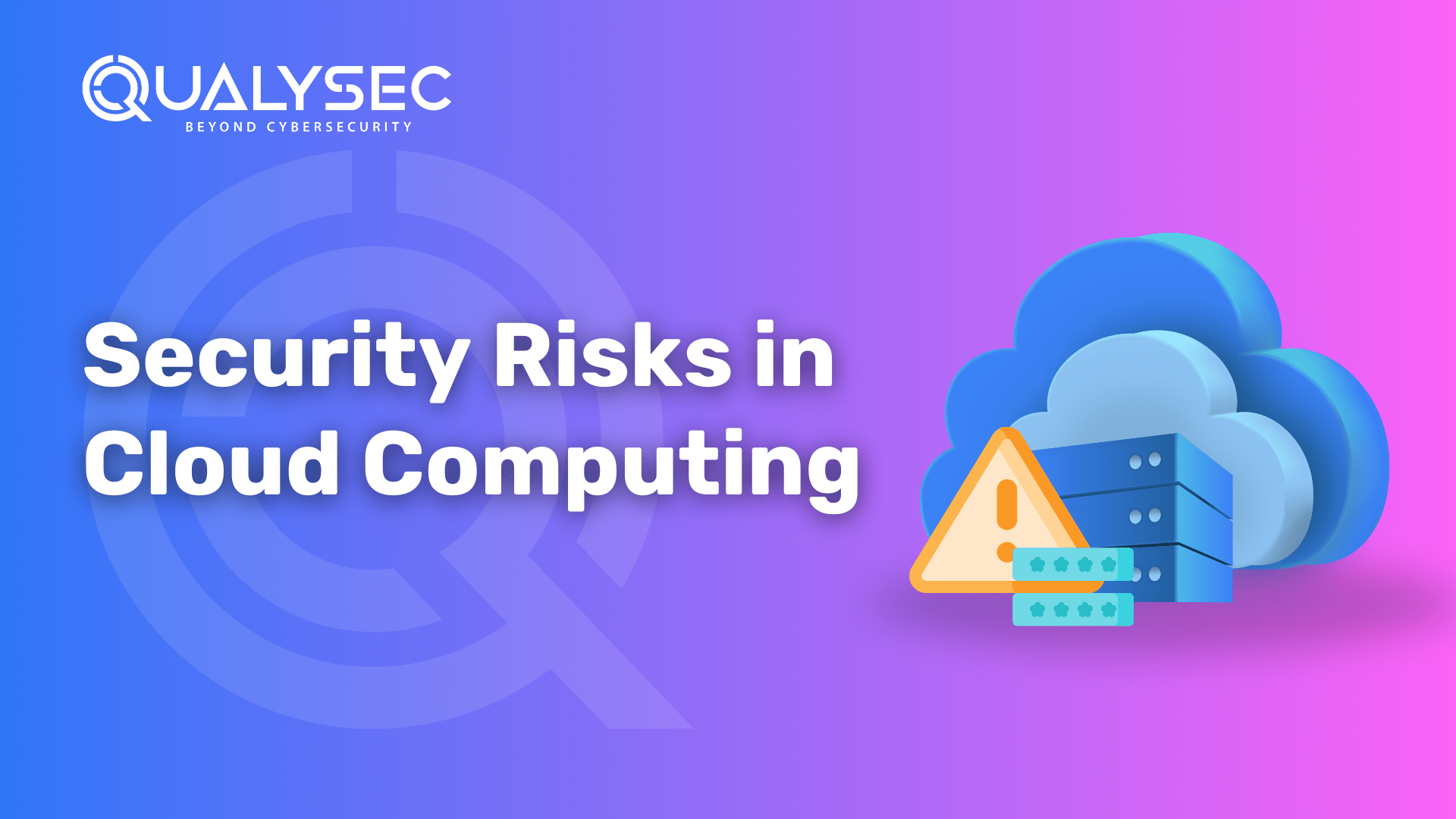







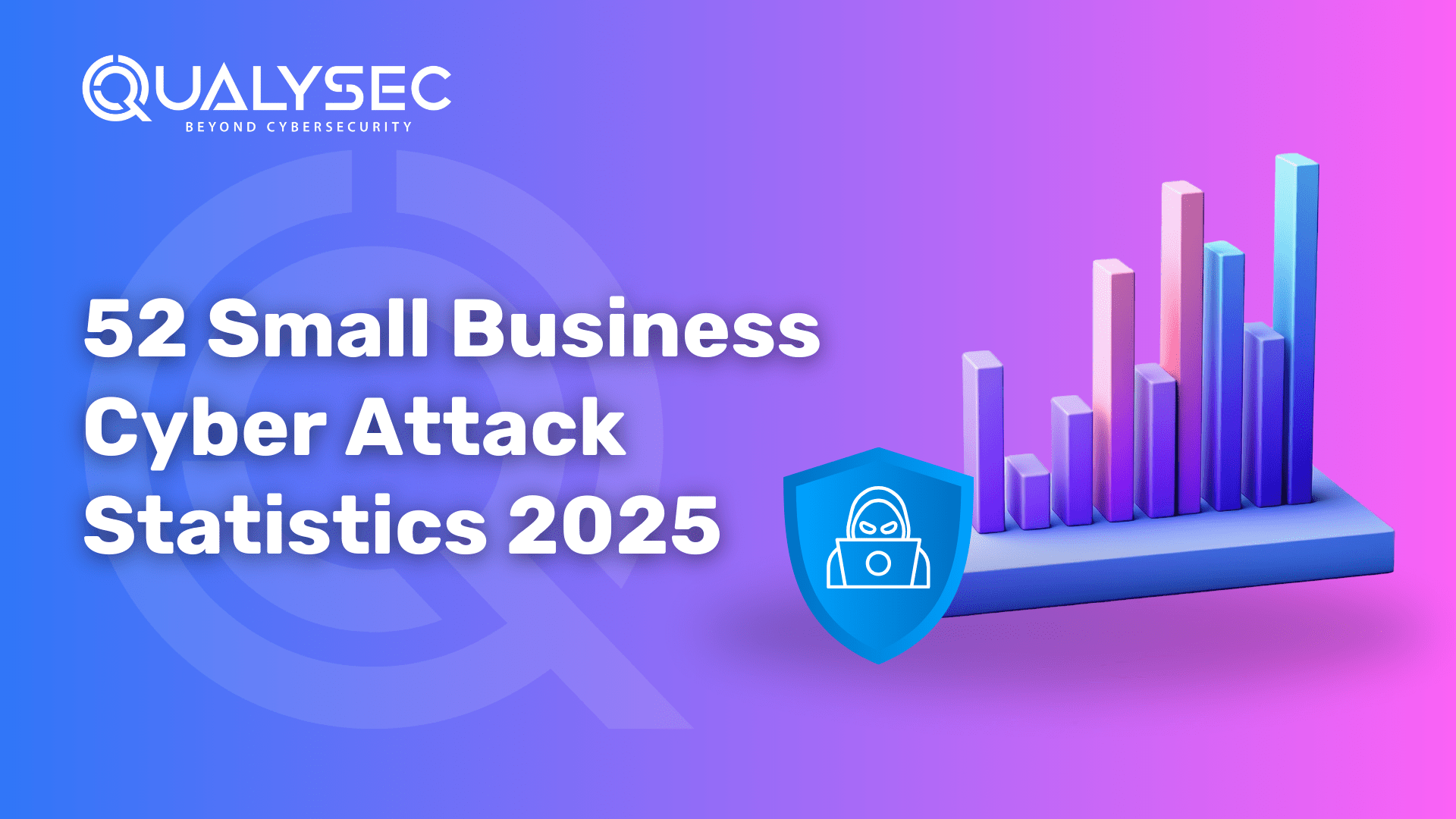

















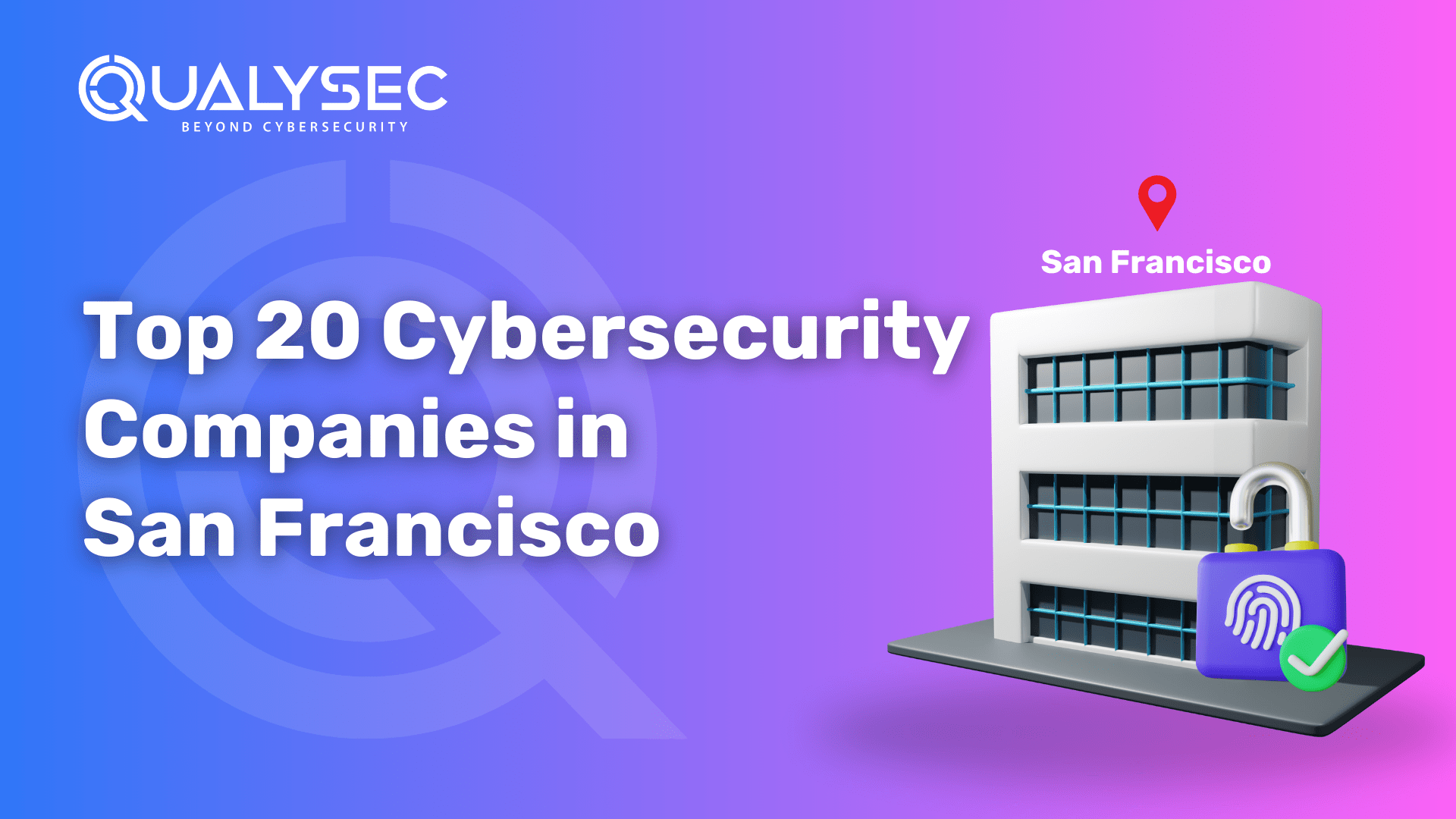








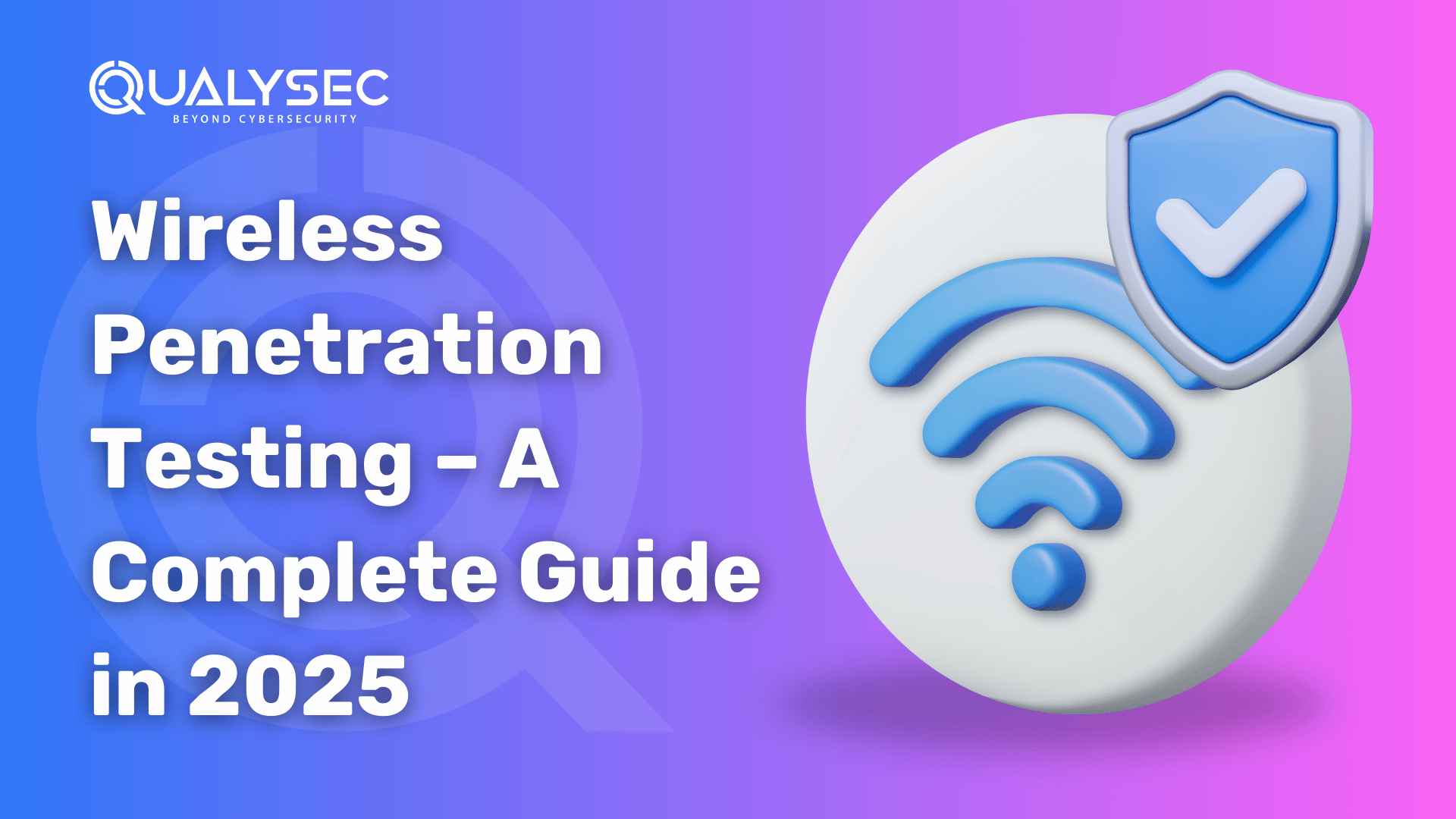




























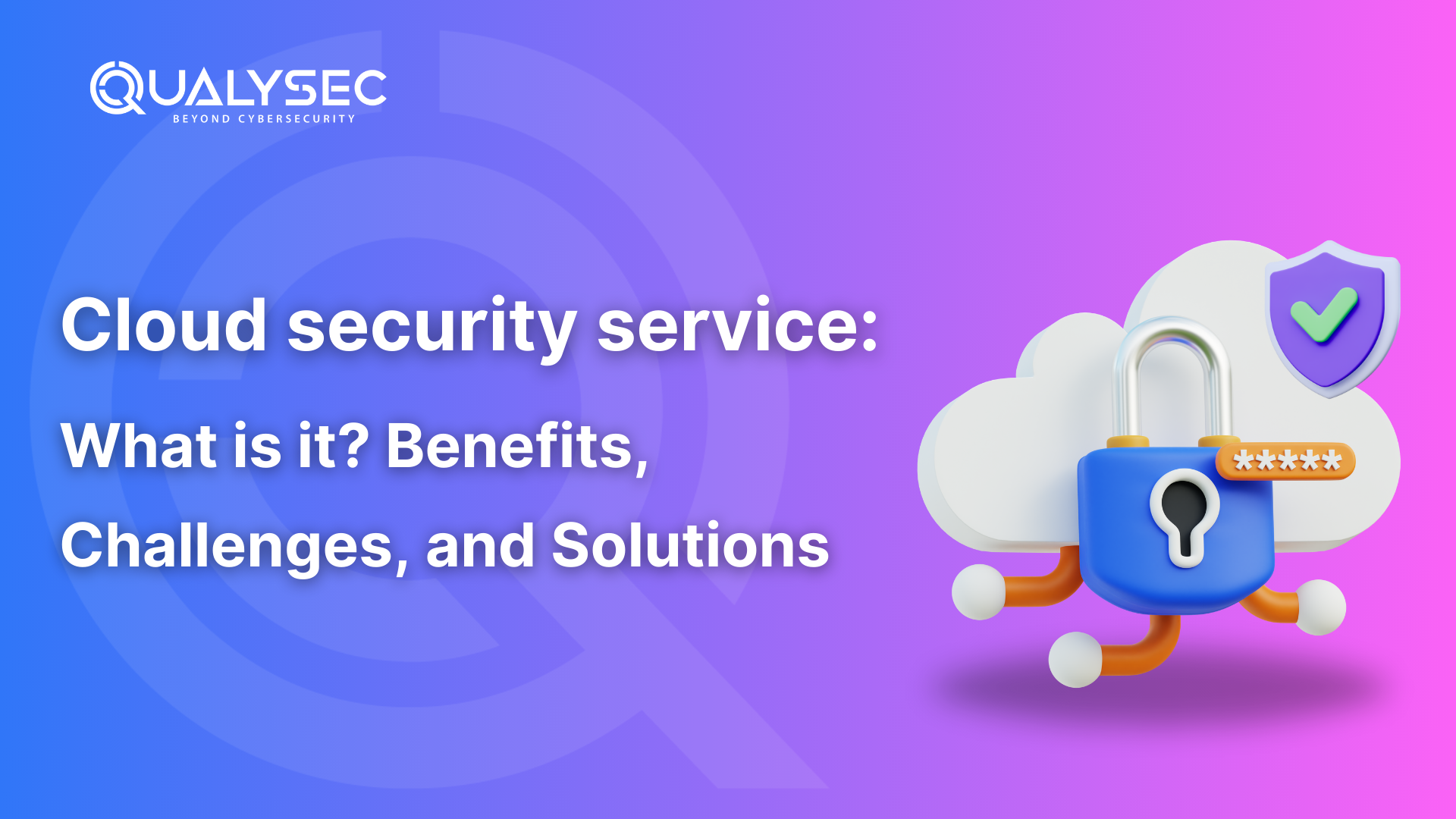


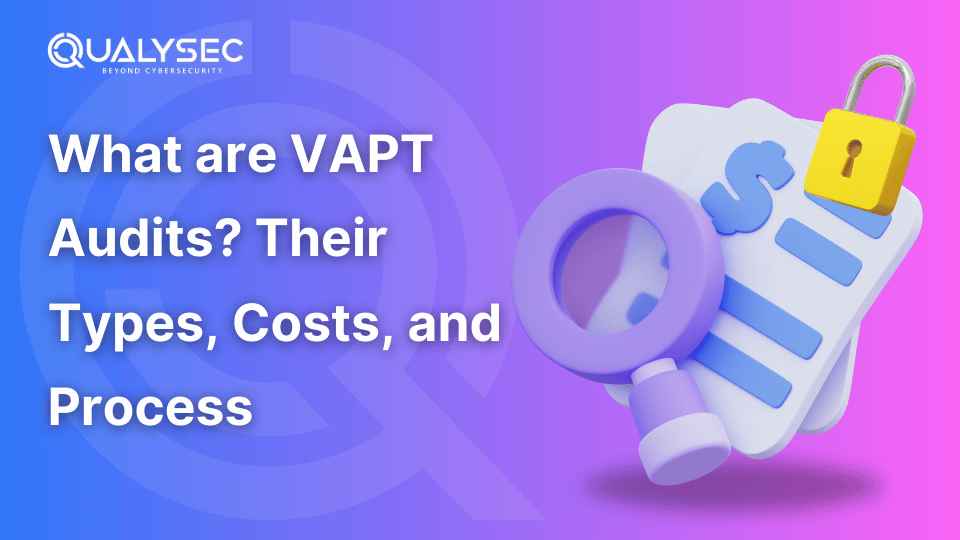








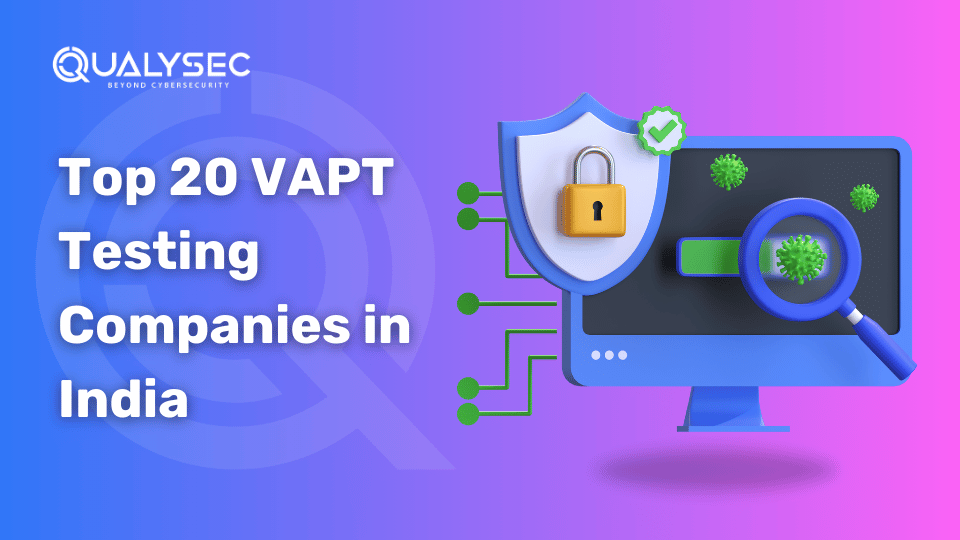


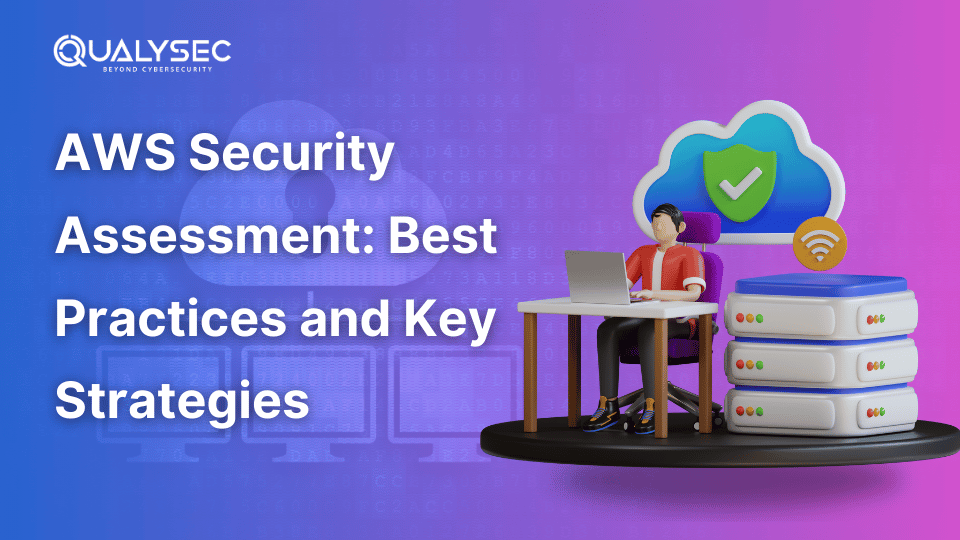




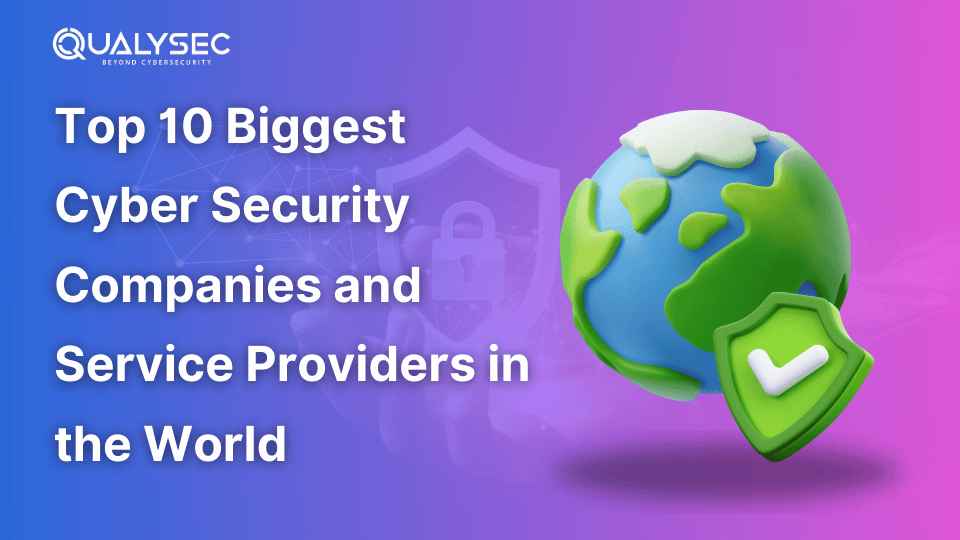















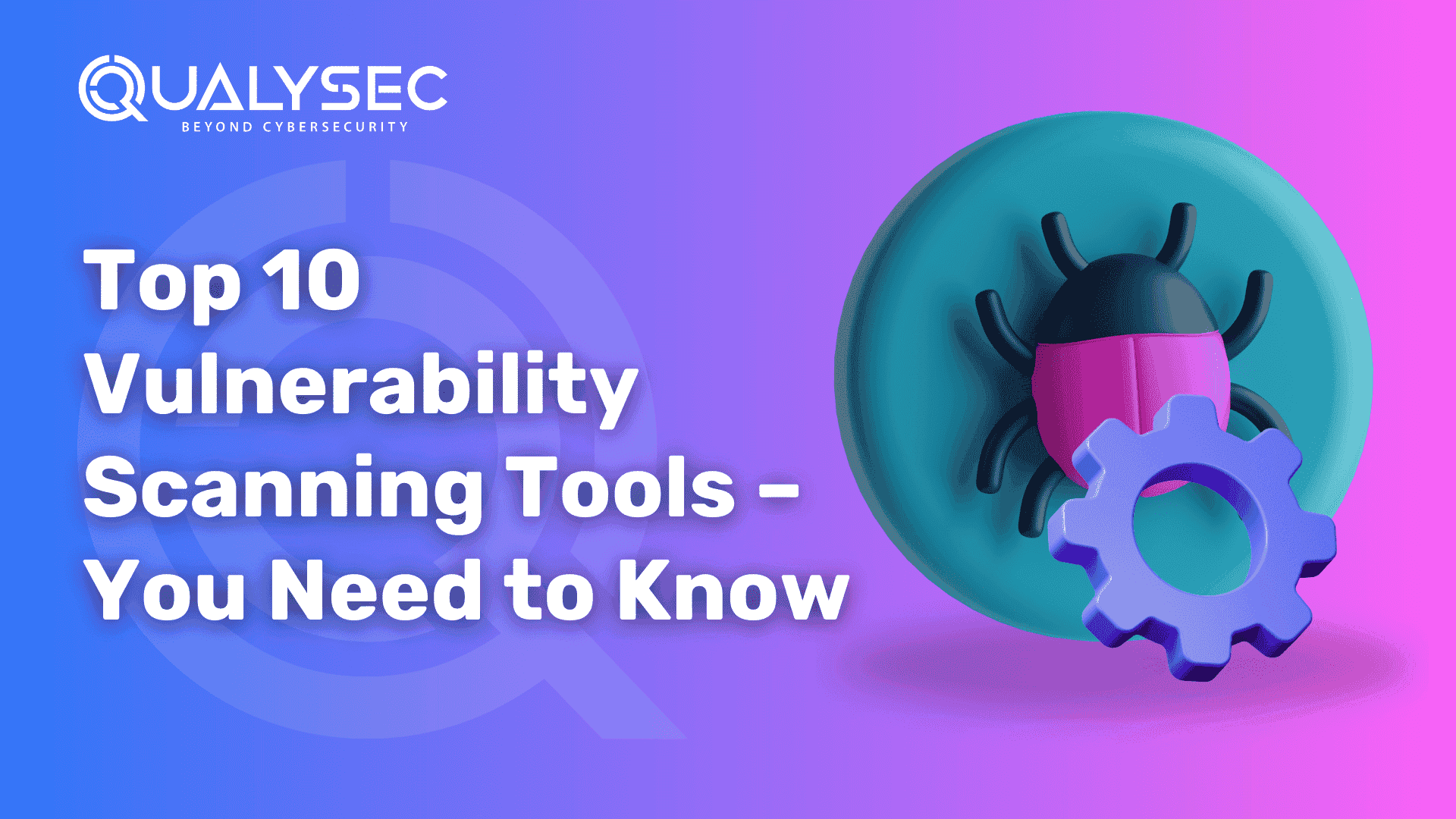


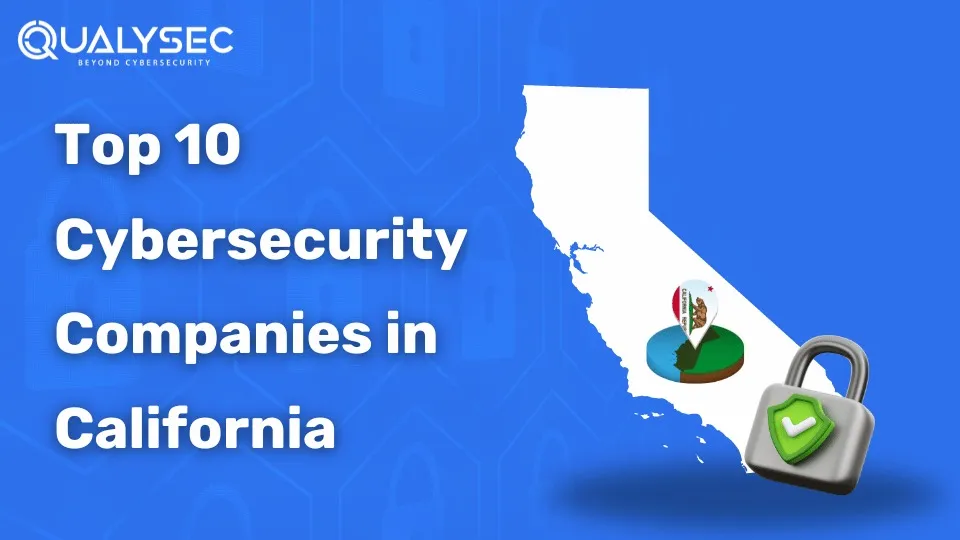
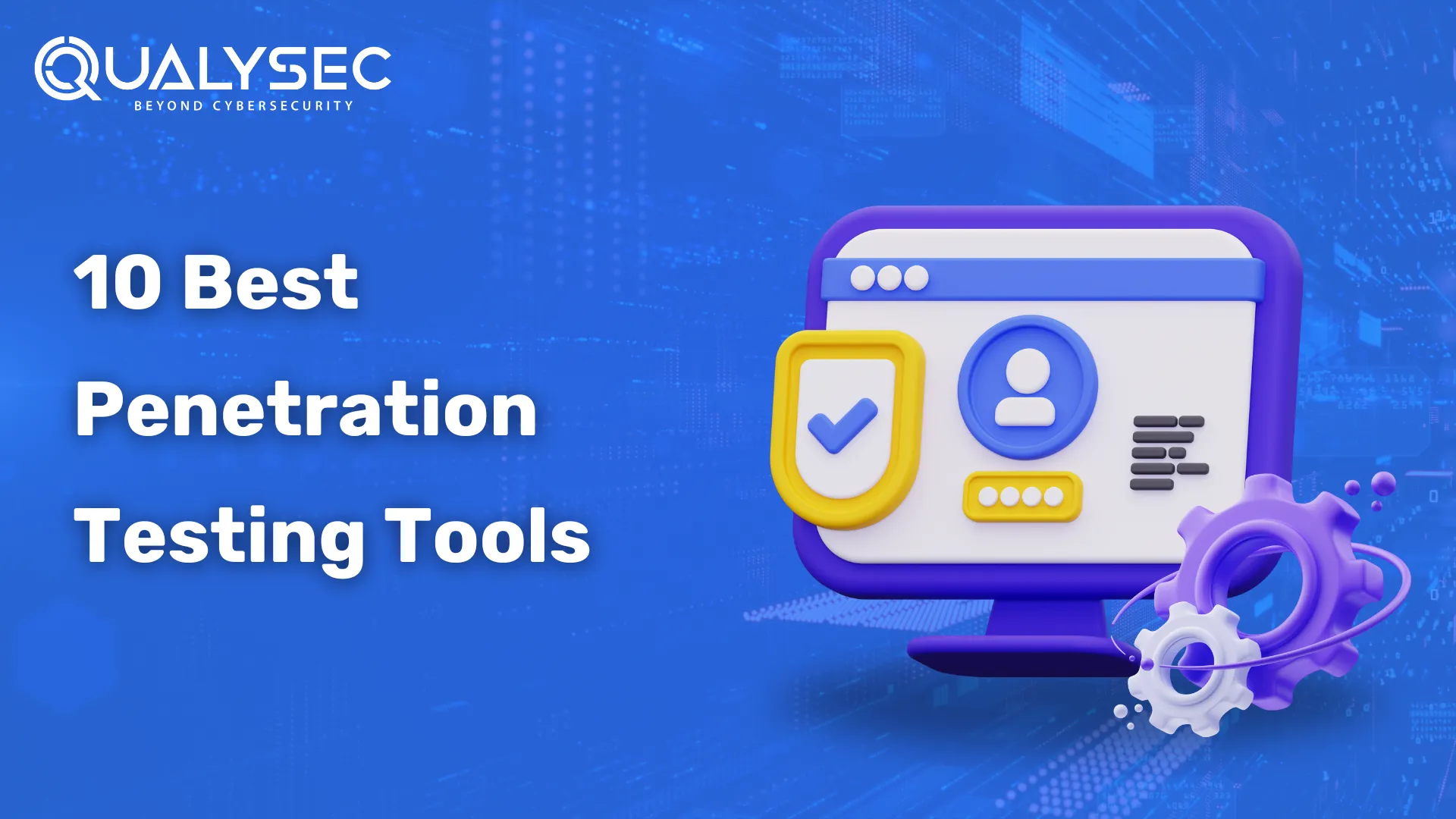









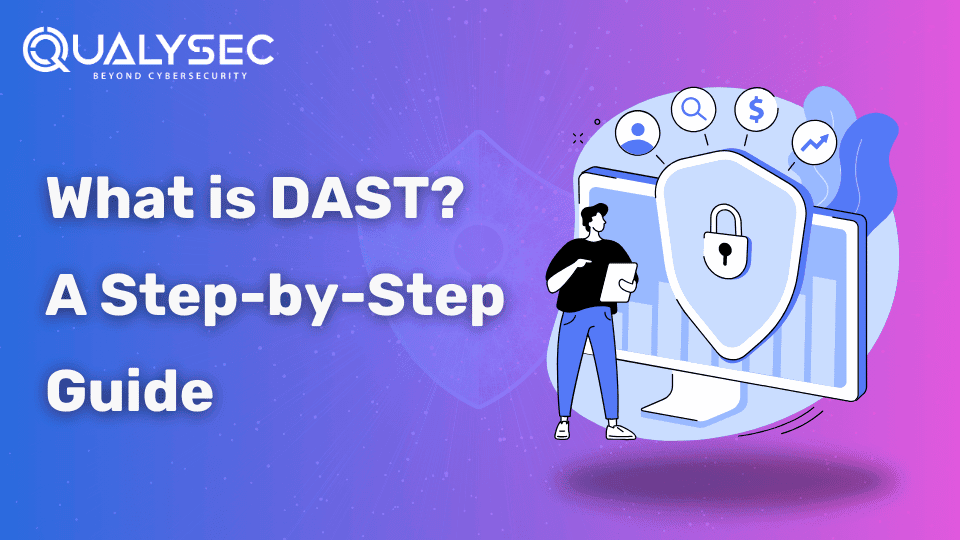


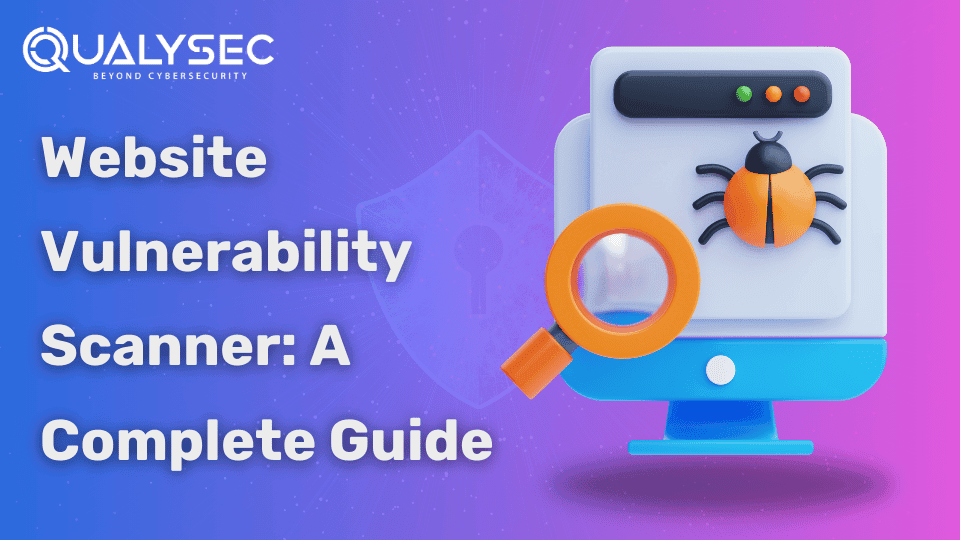

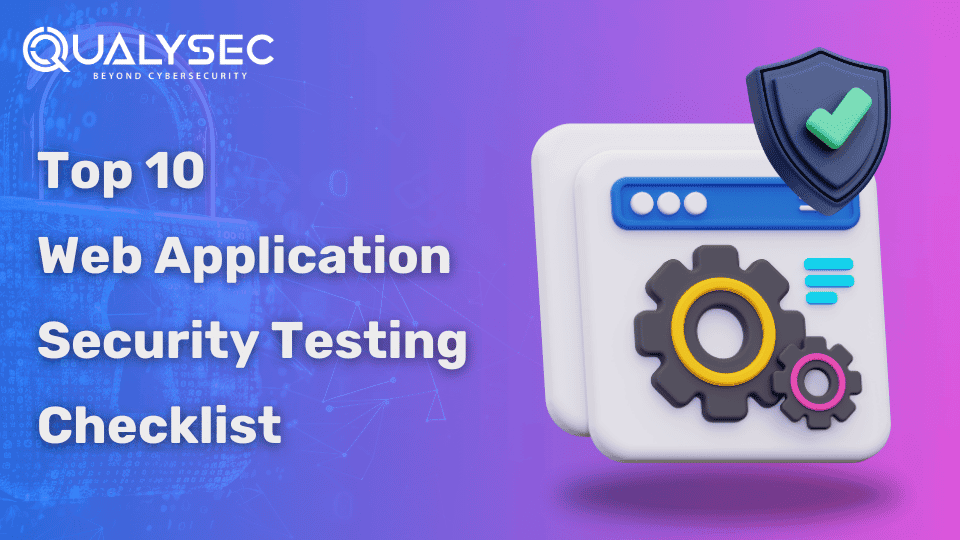

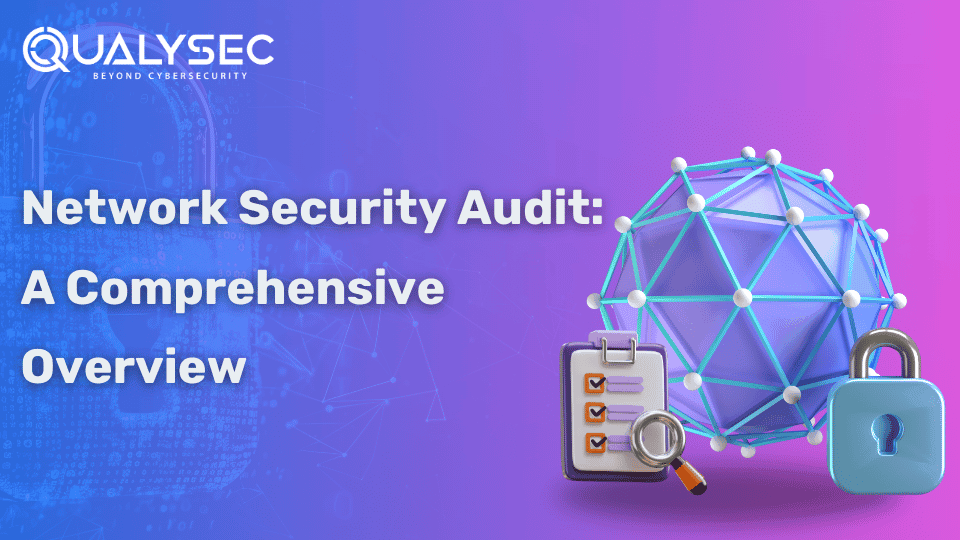











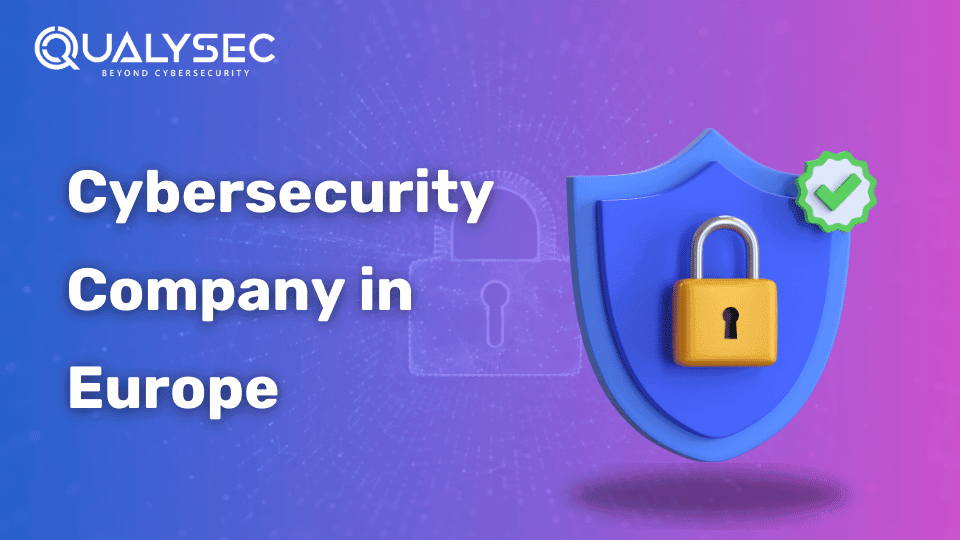
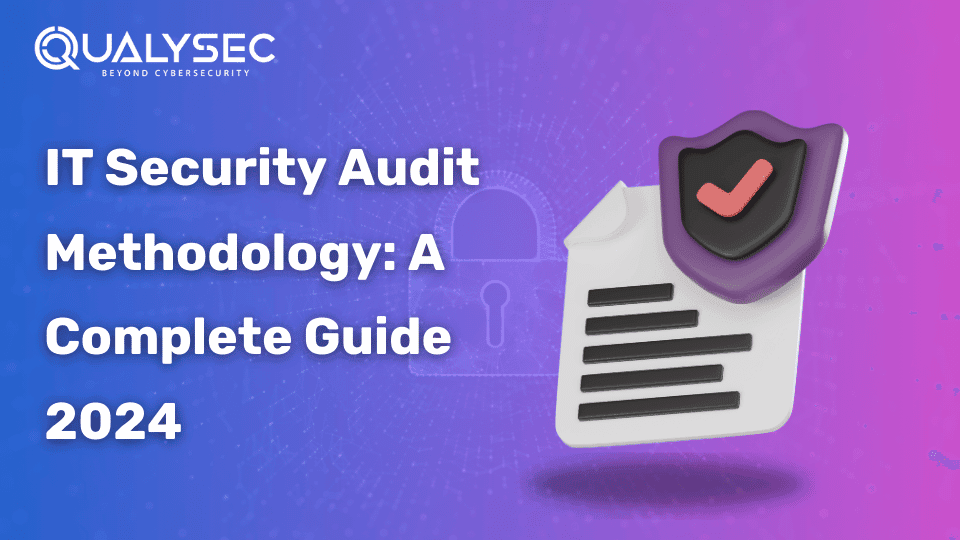

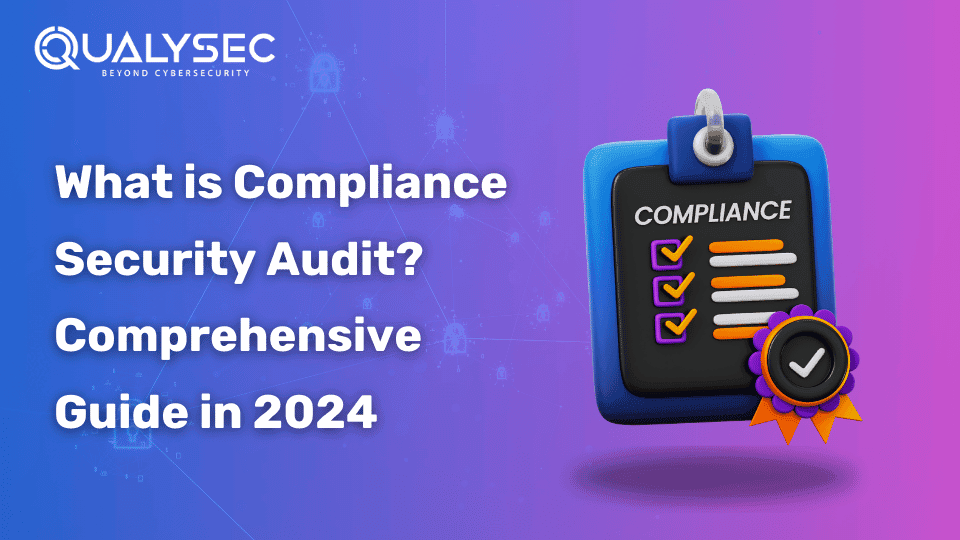


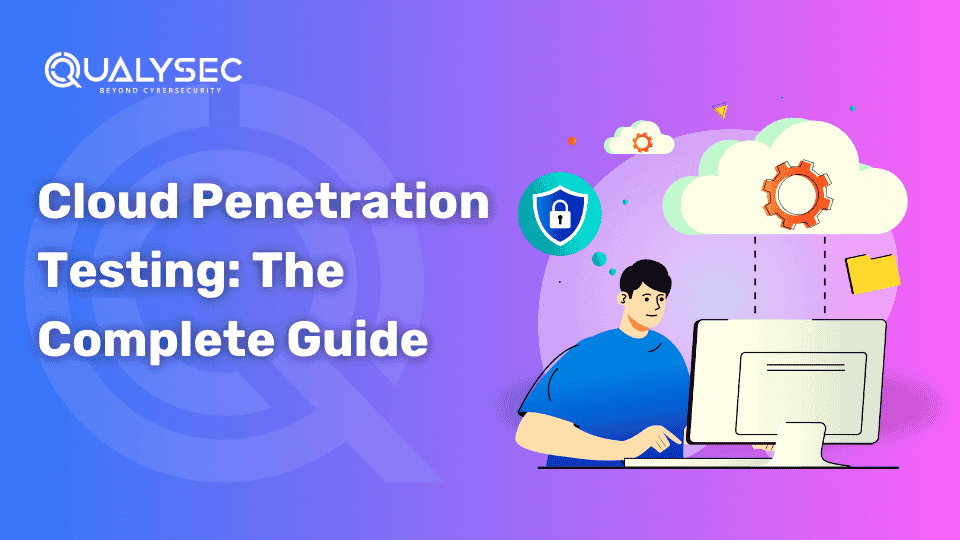


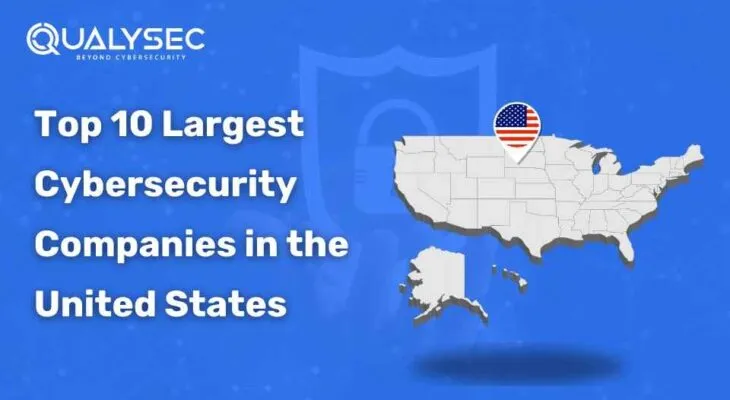


























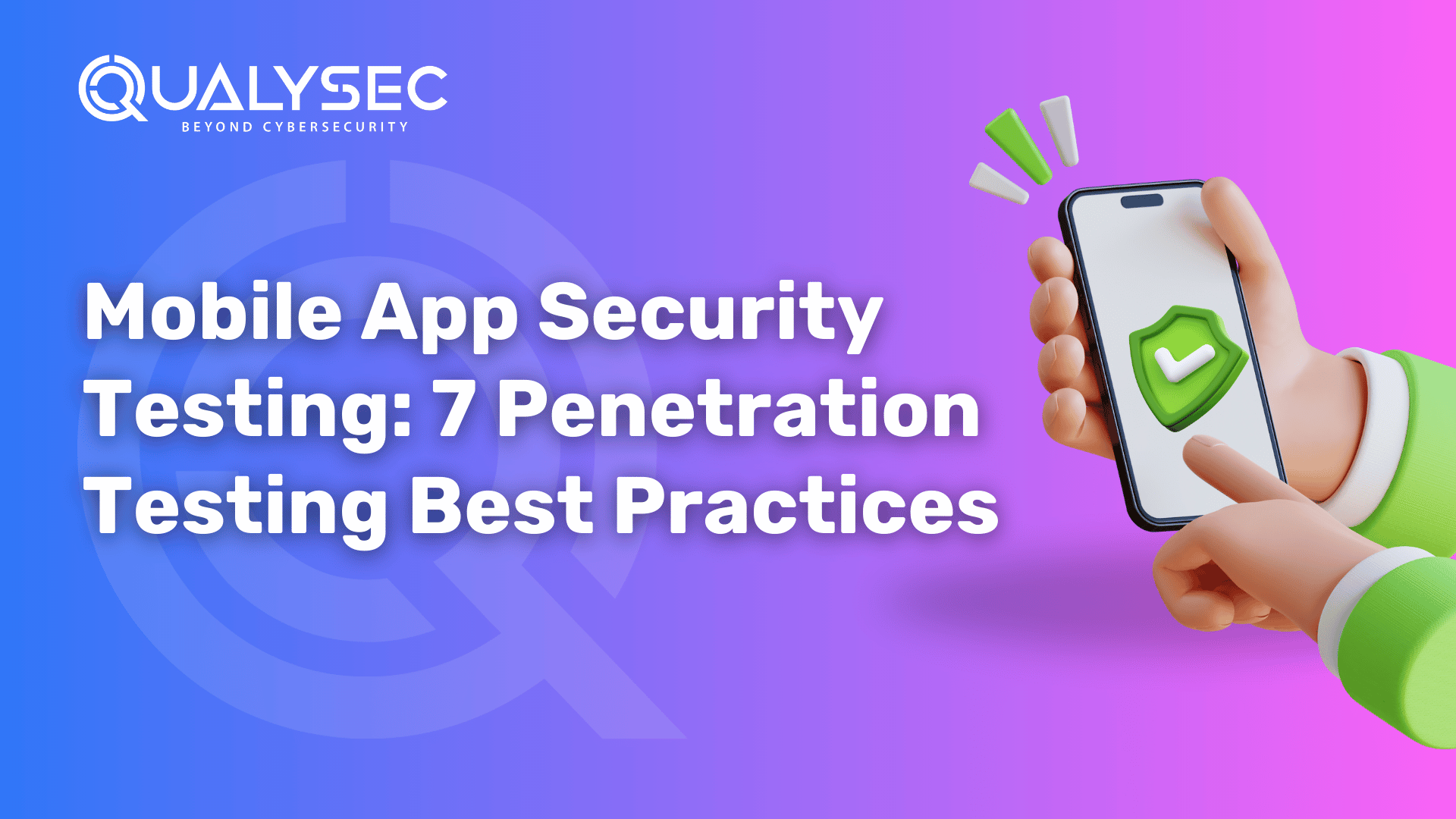














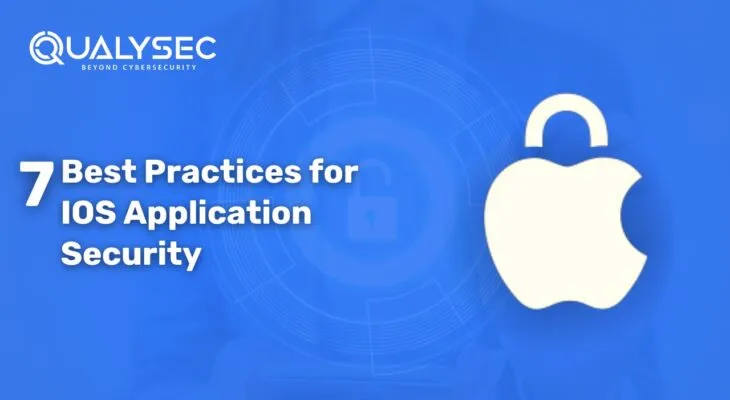


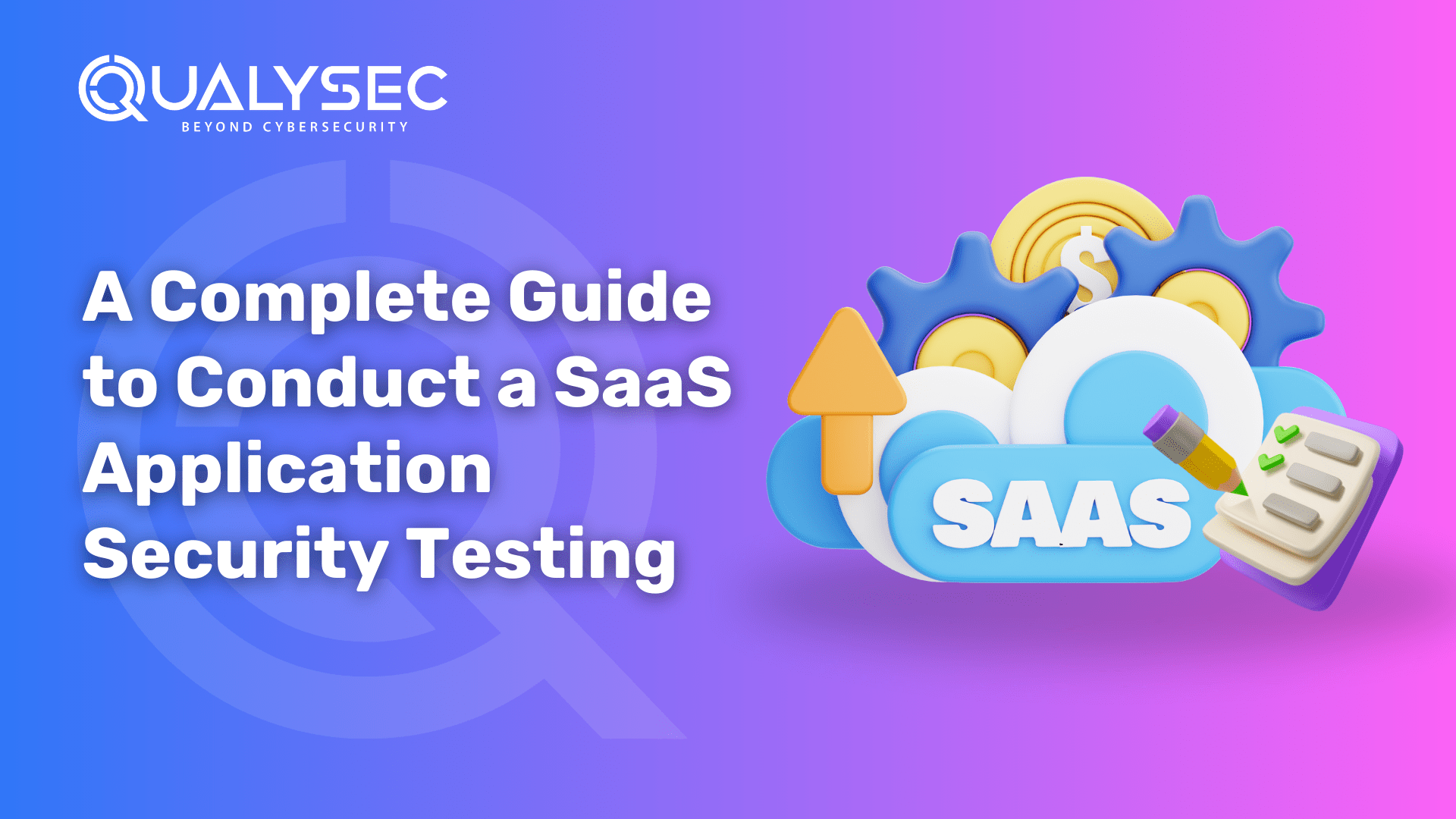





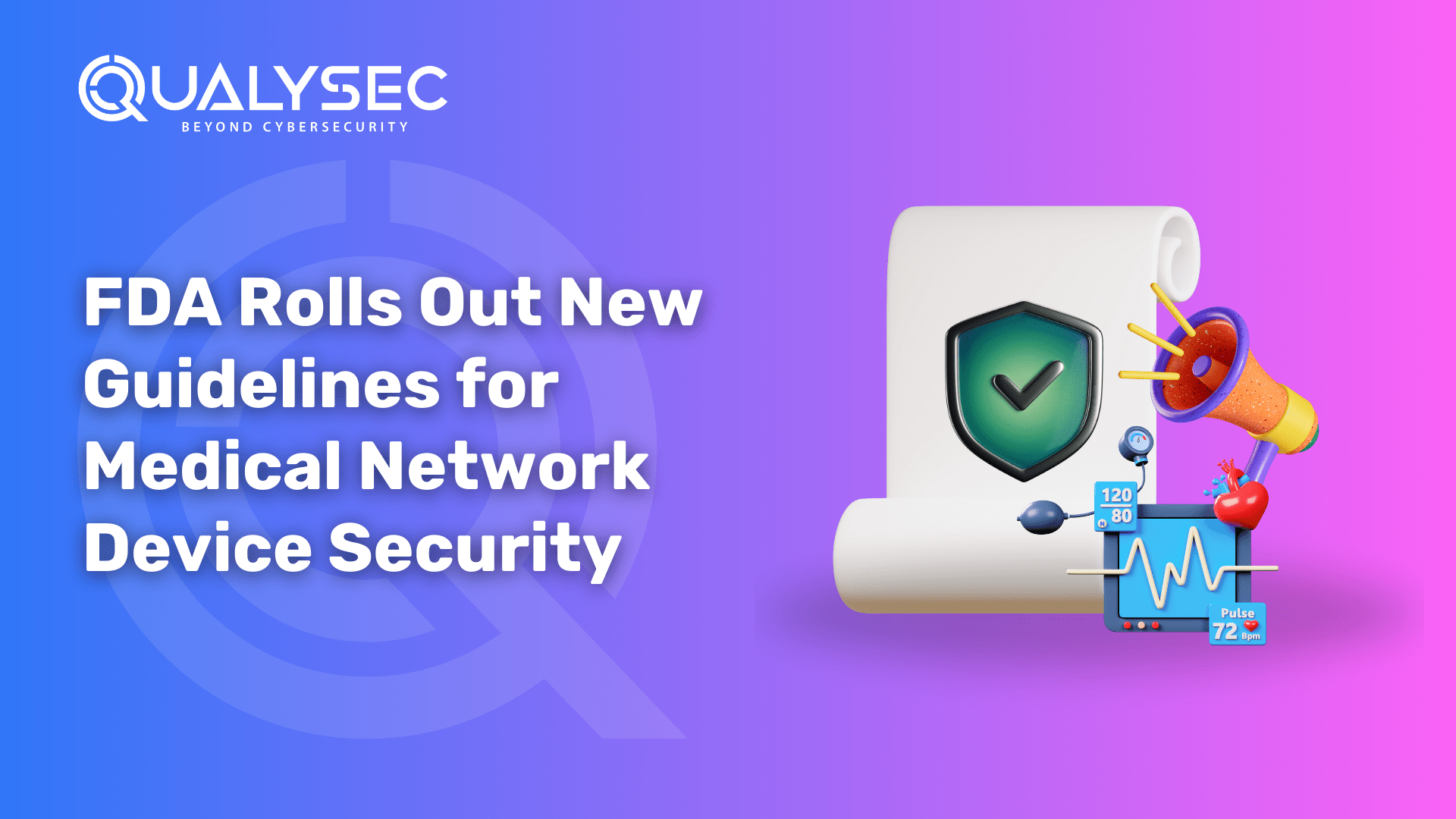





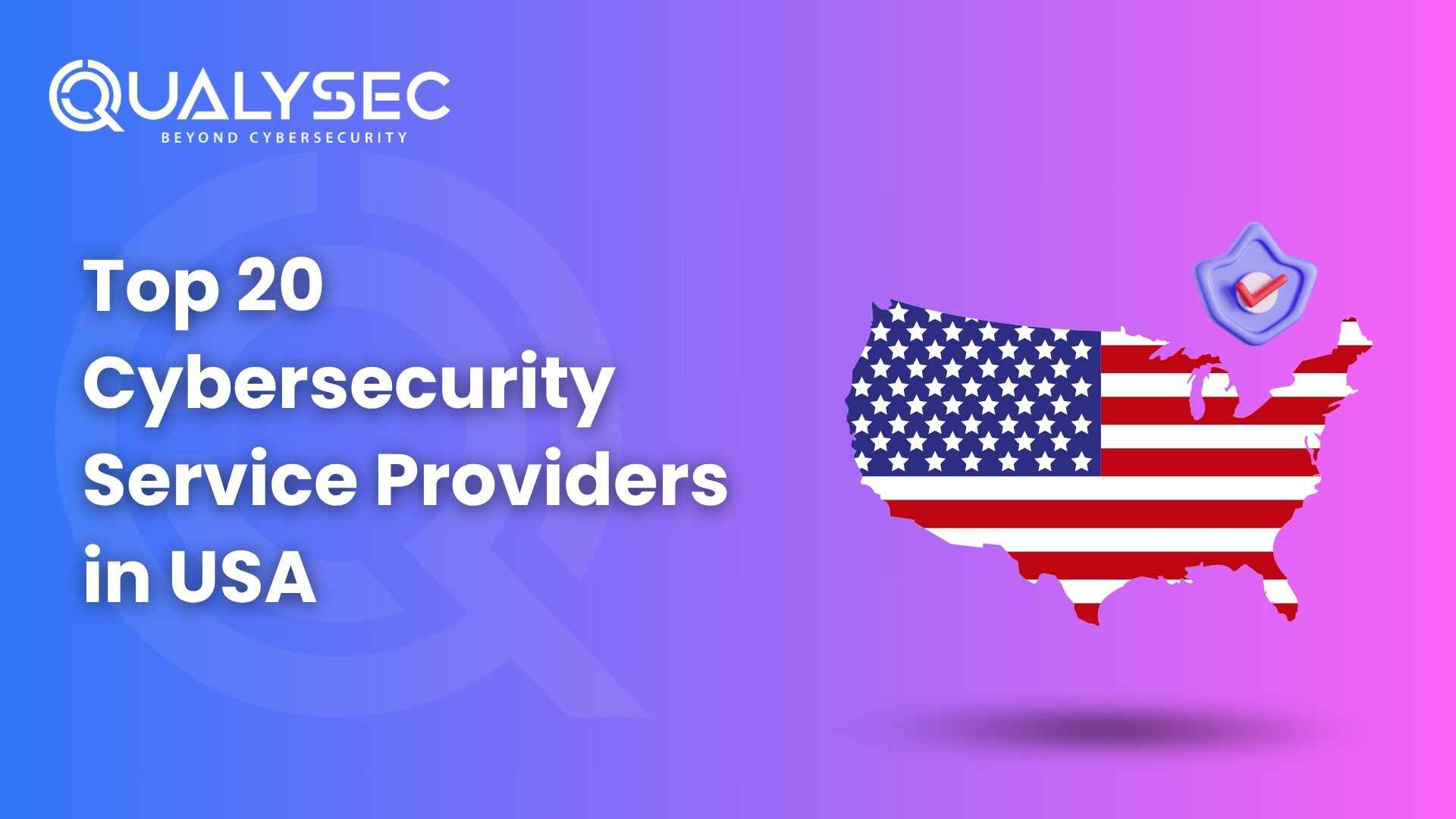










































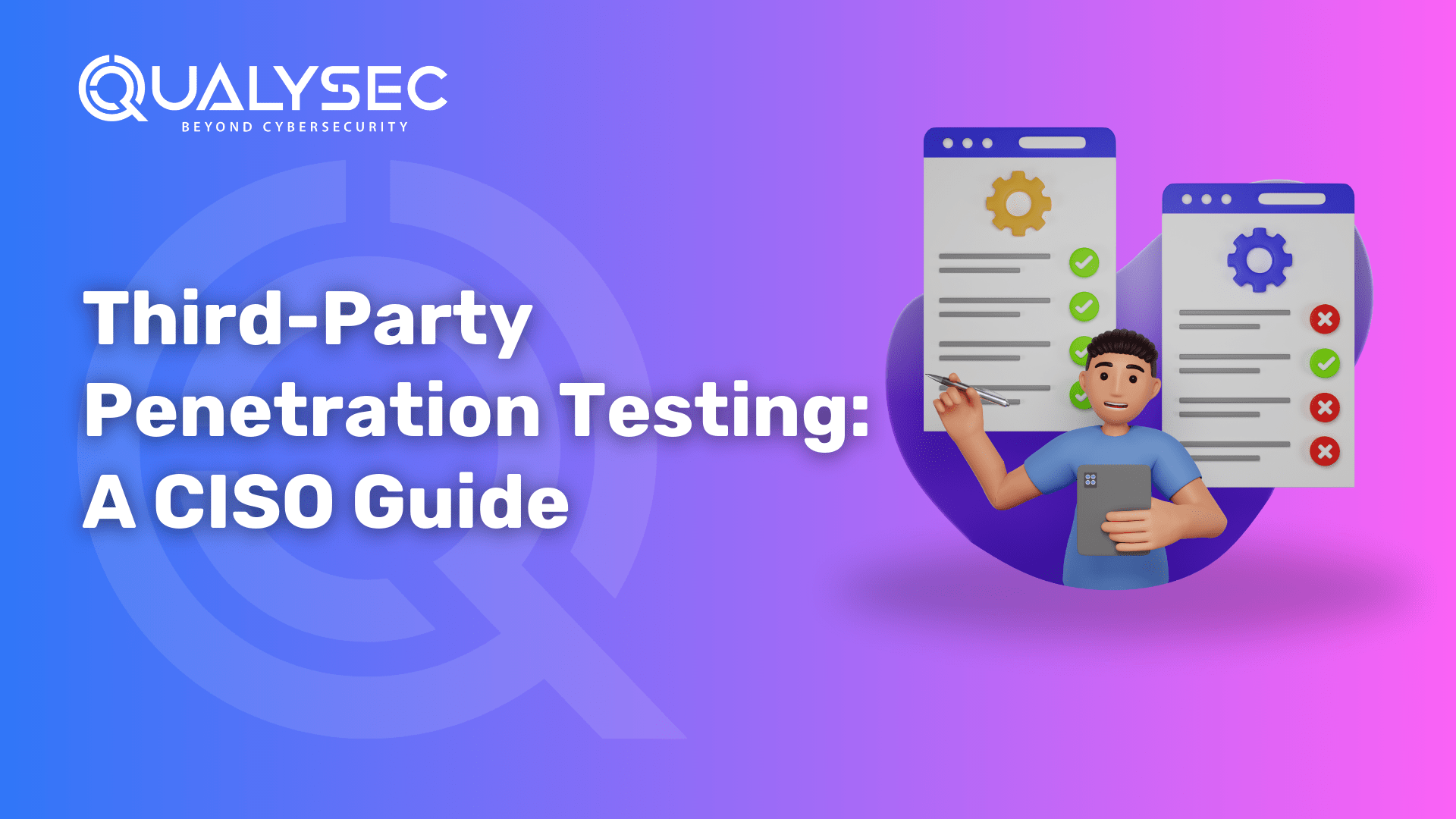




































































































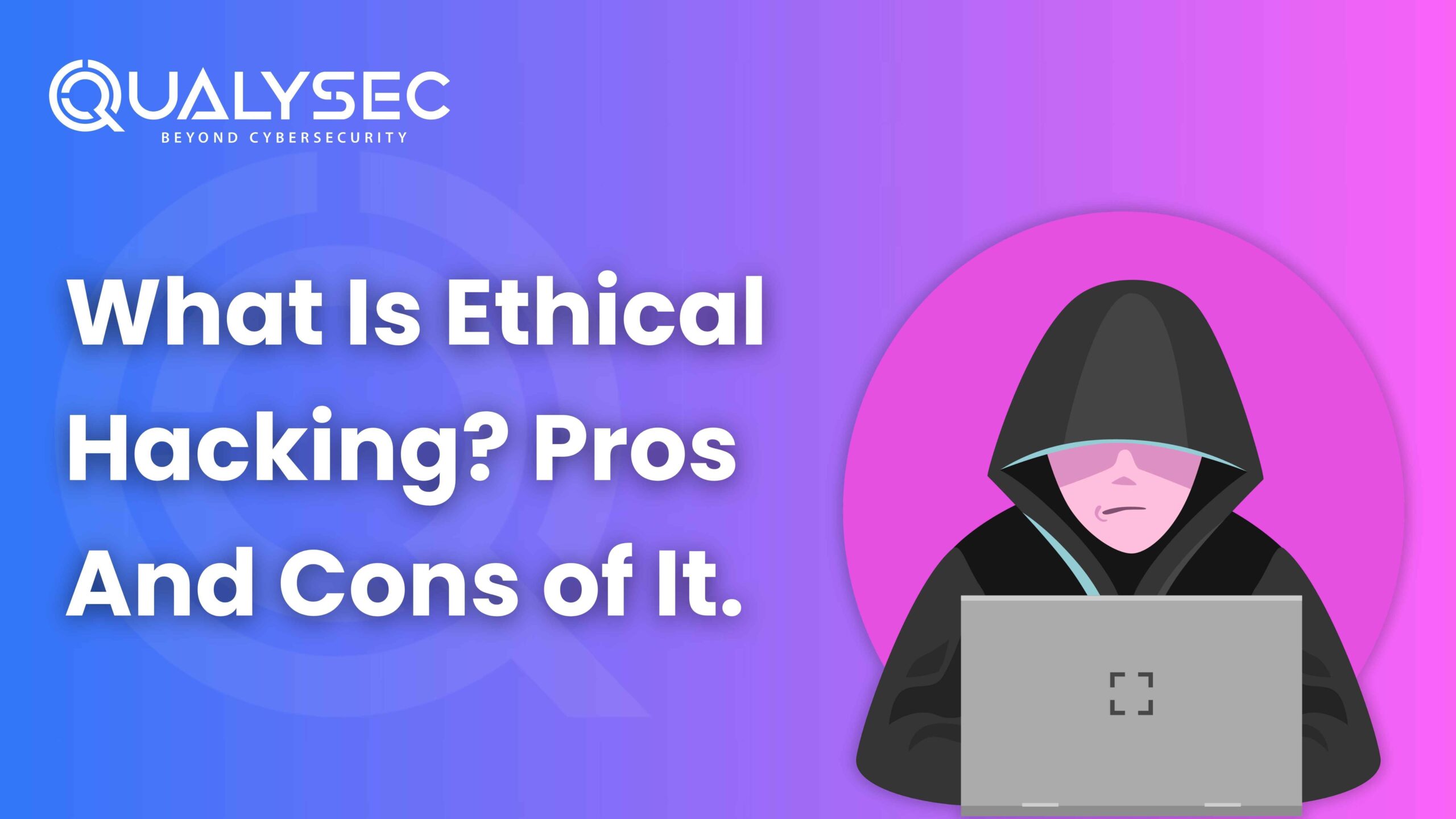







































0 Comments